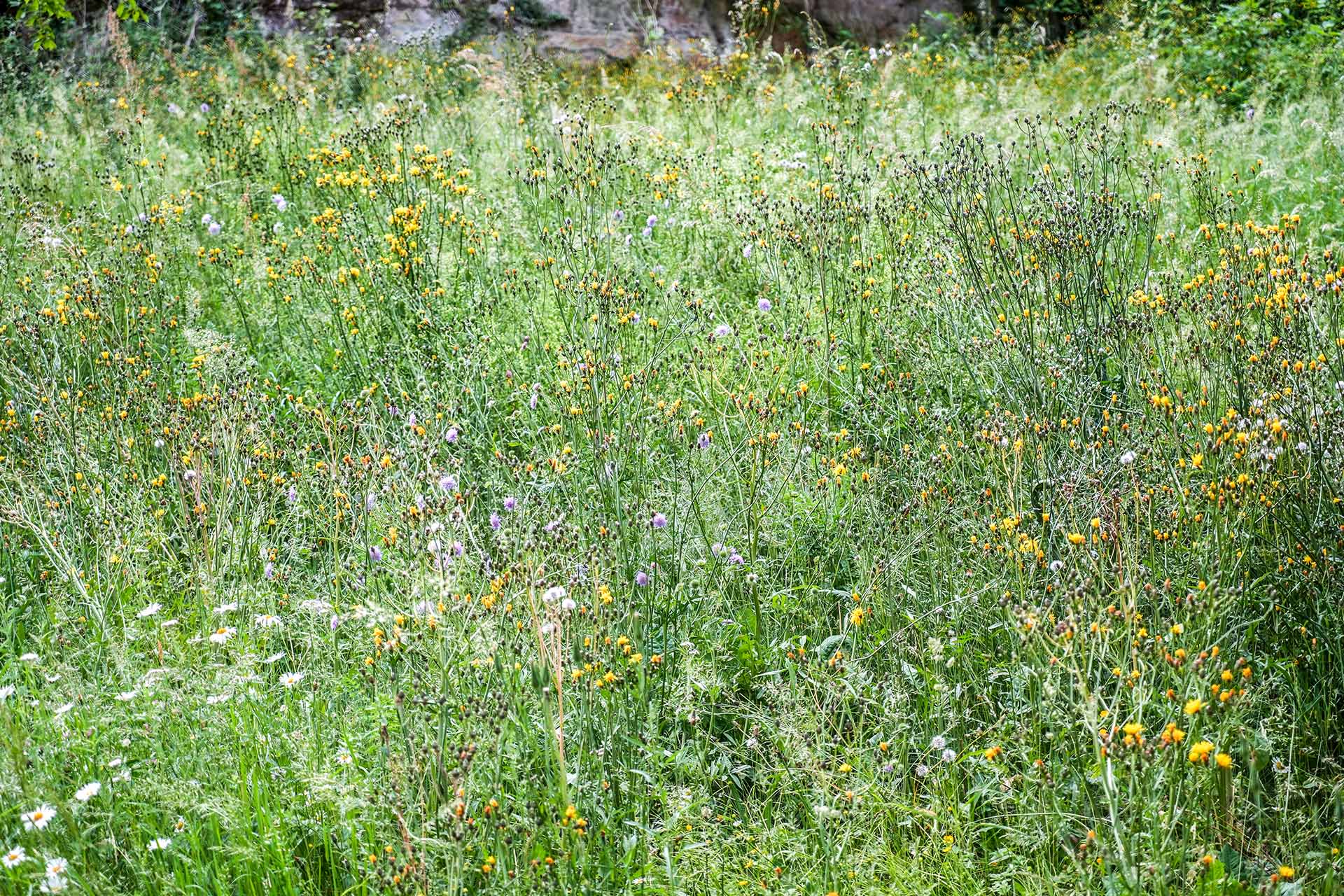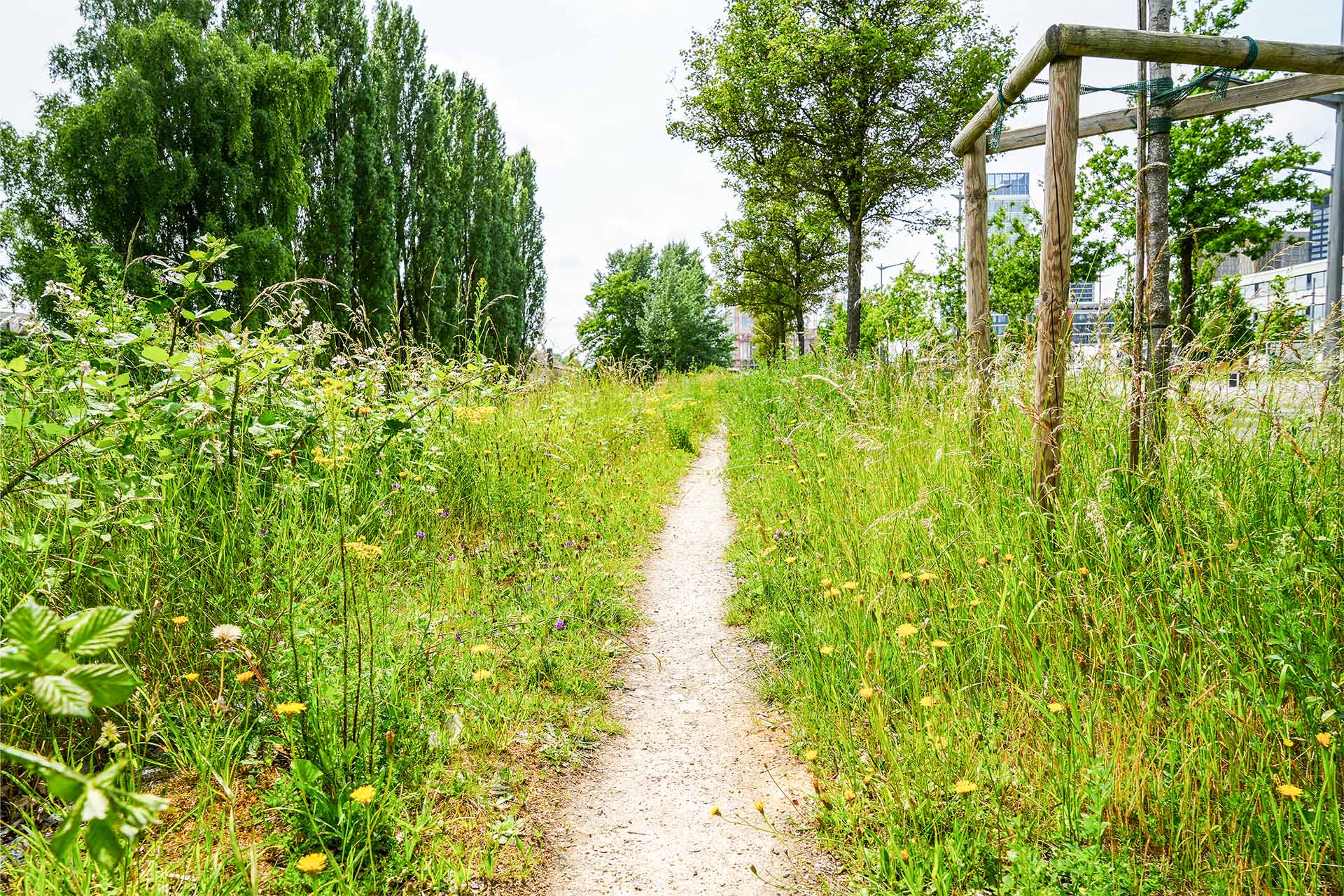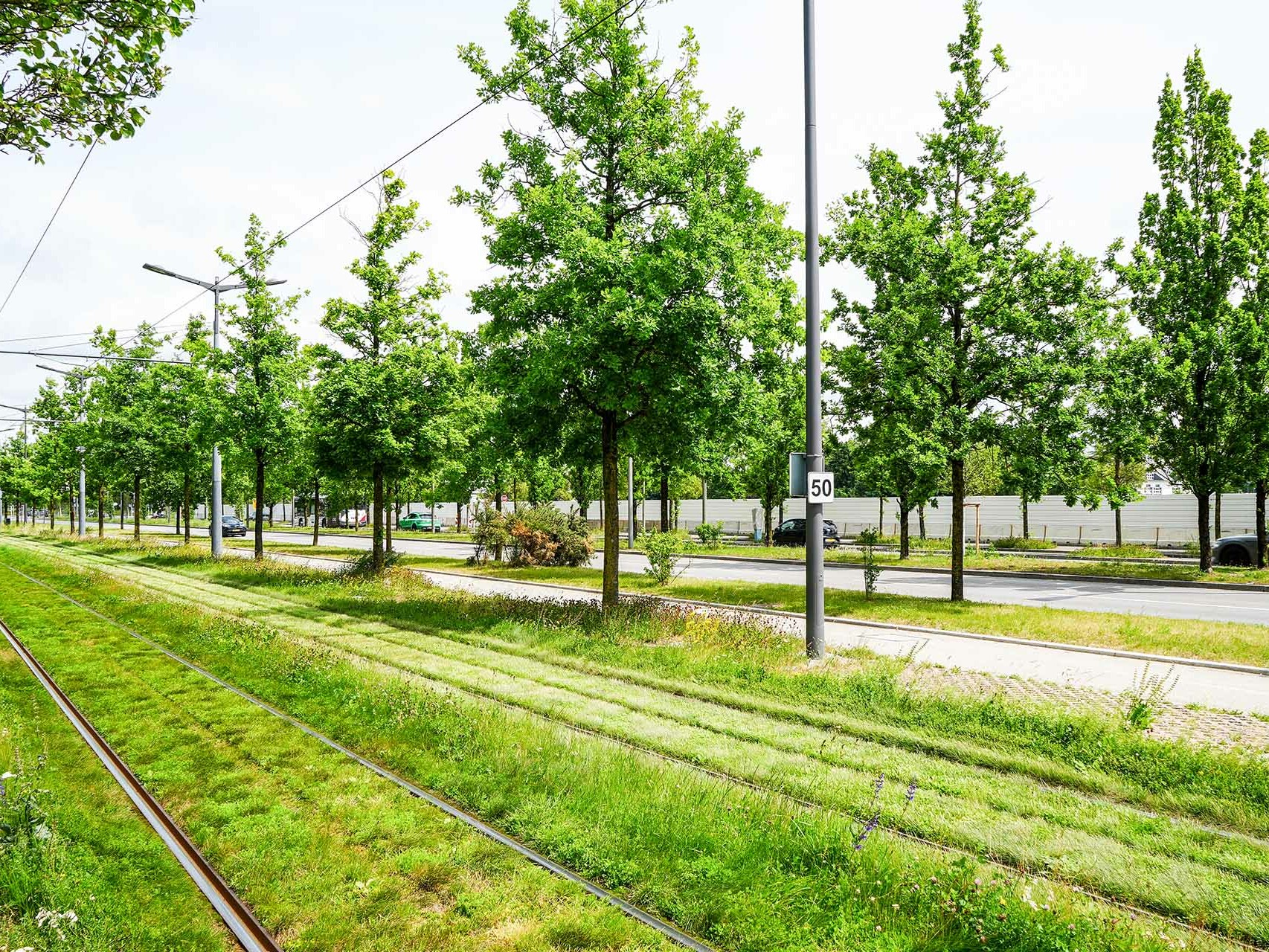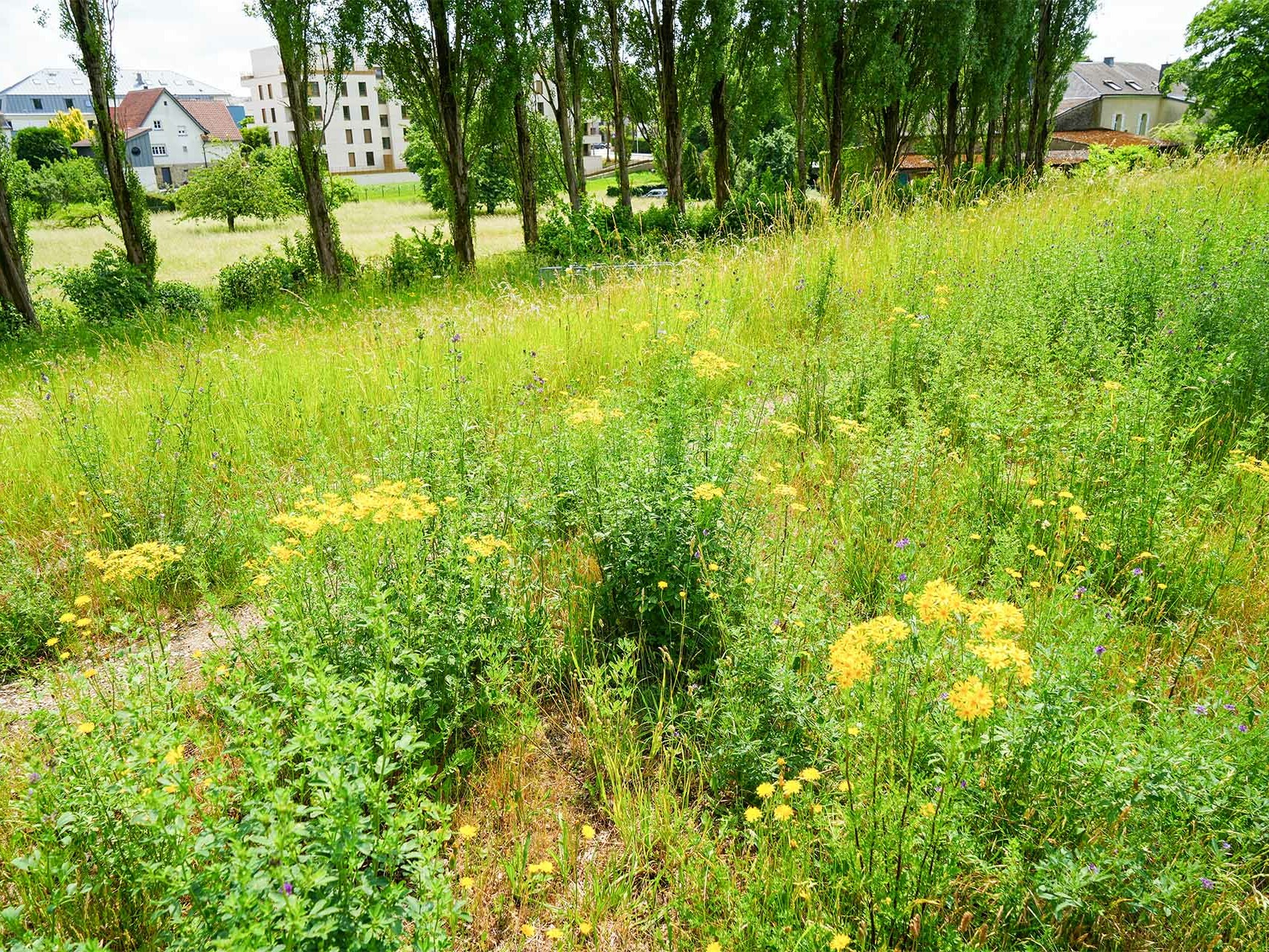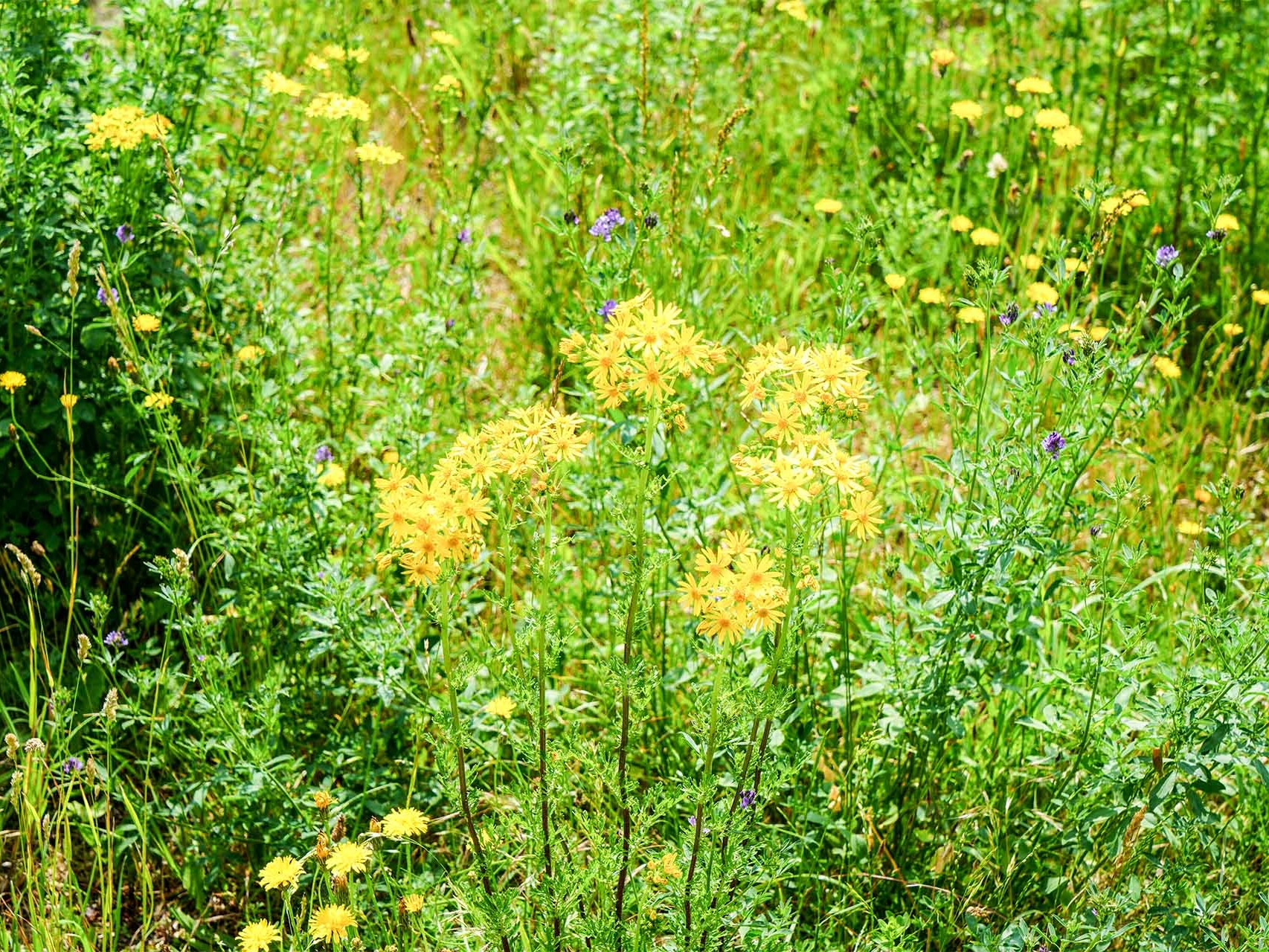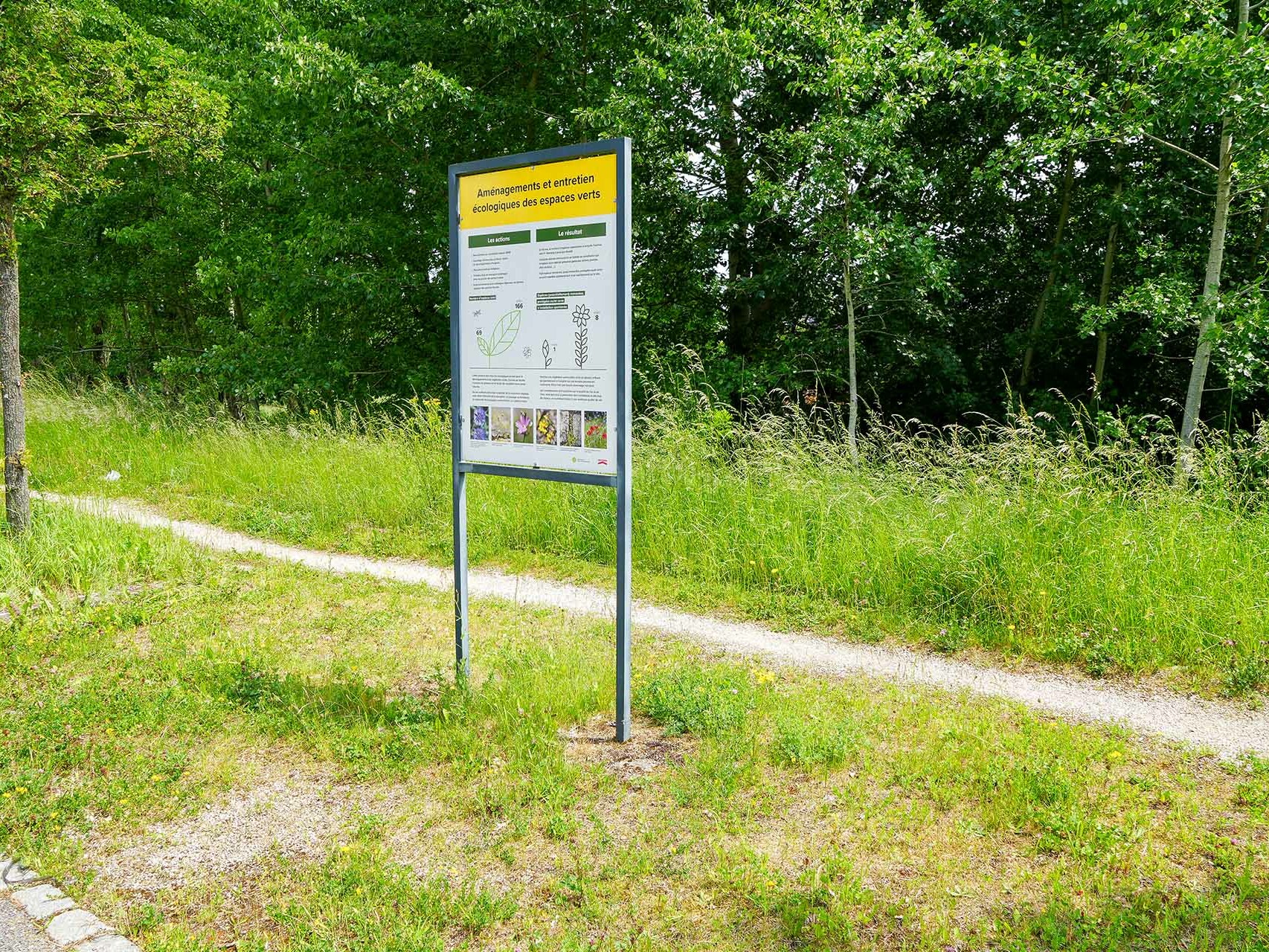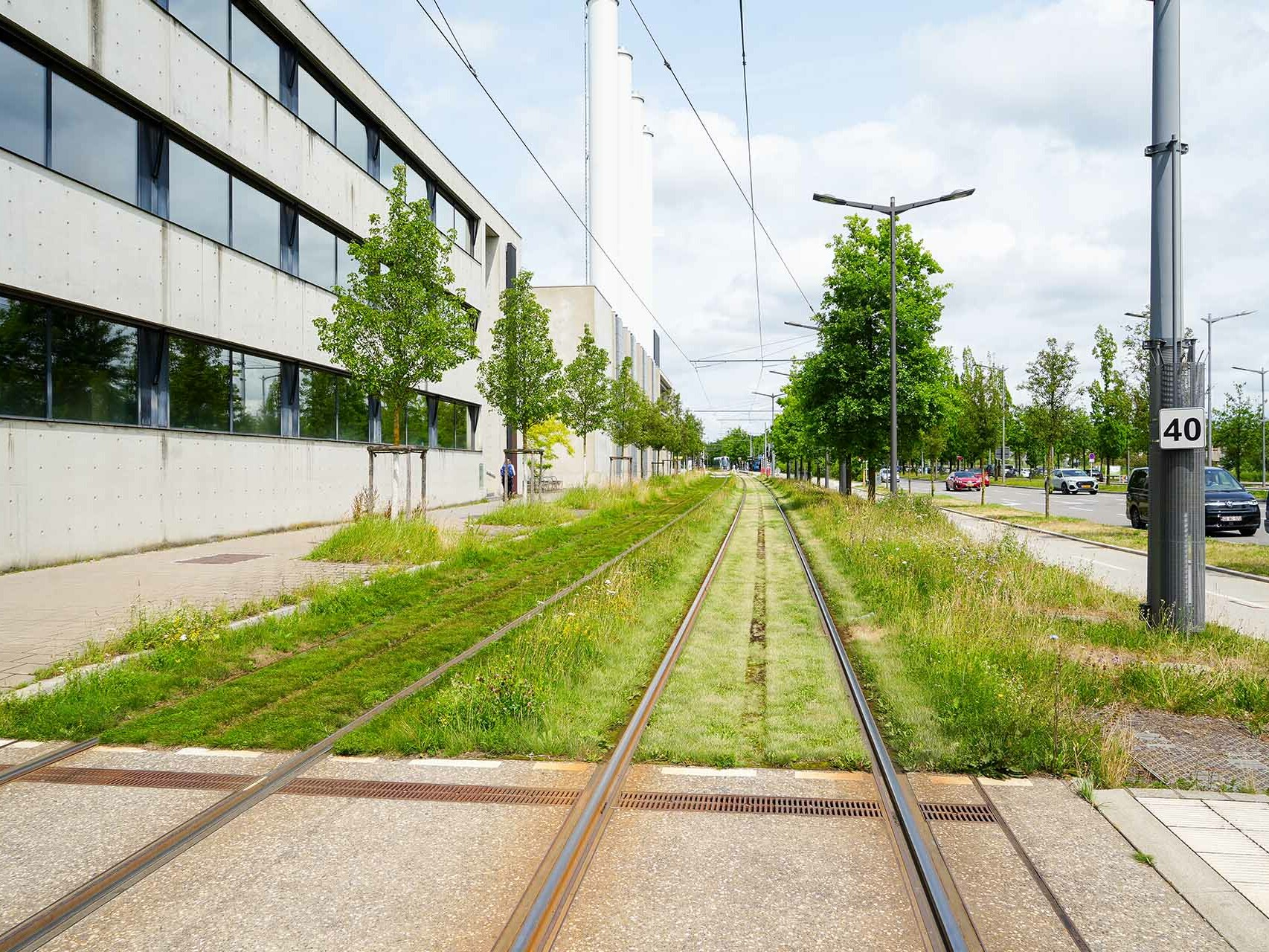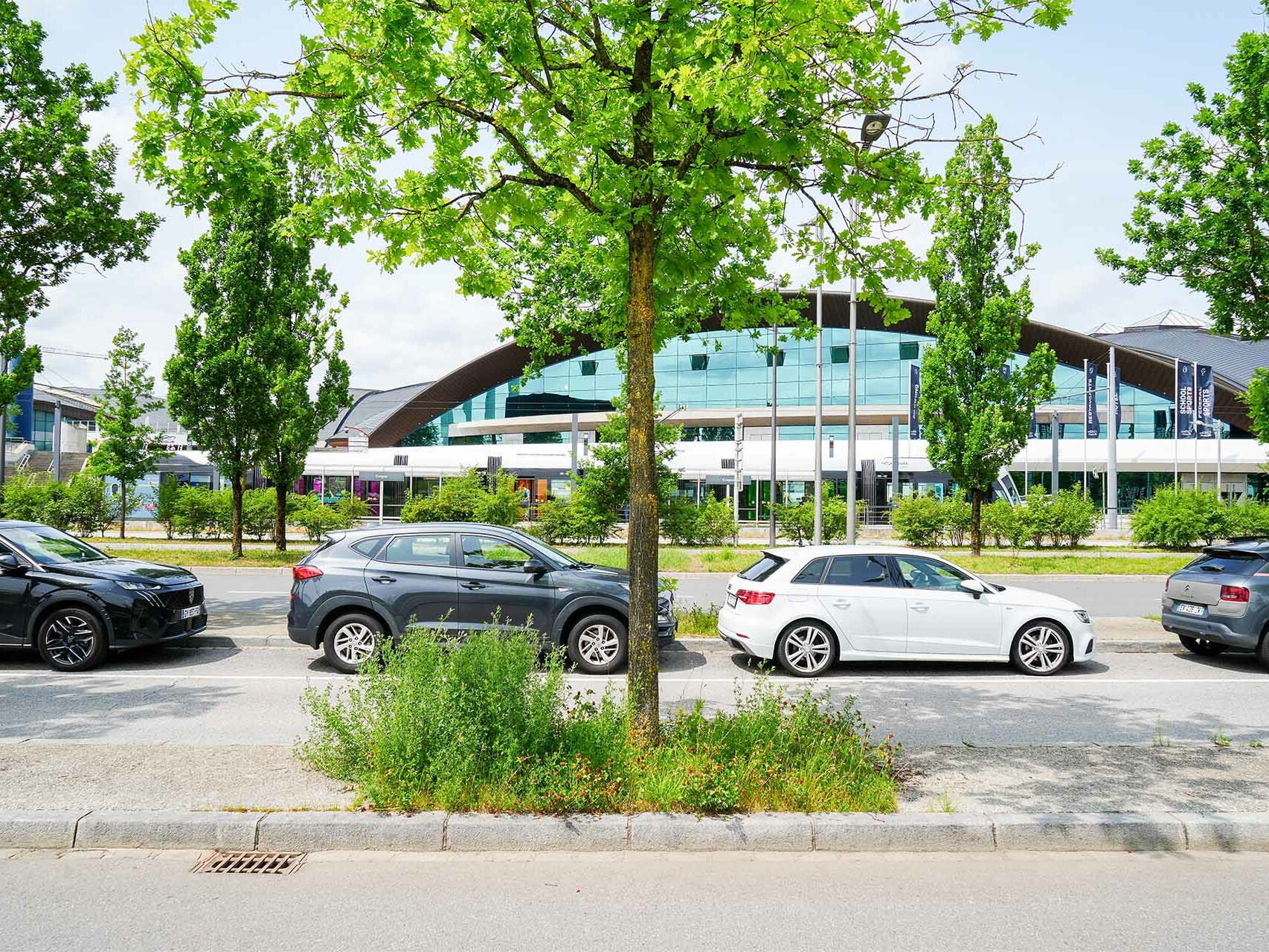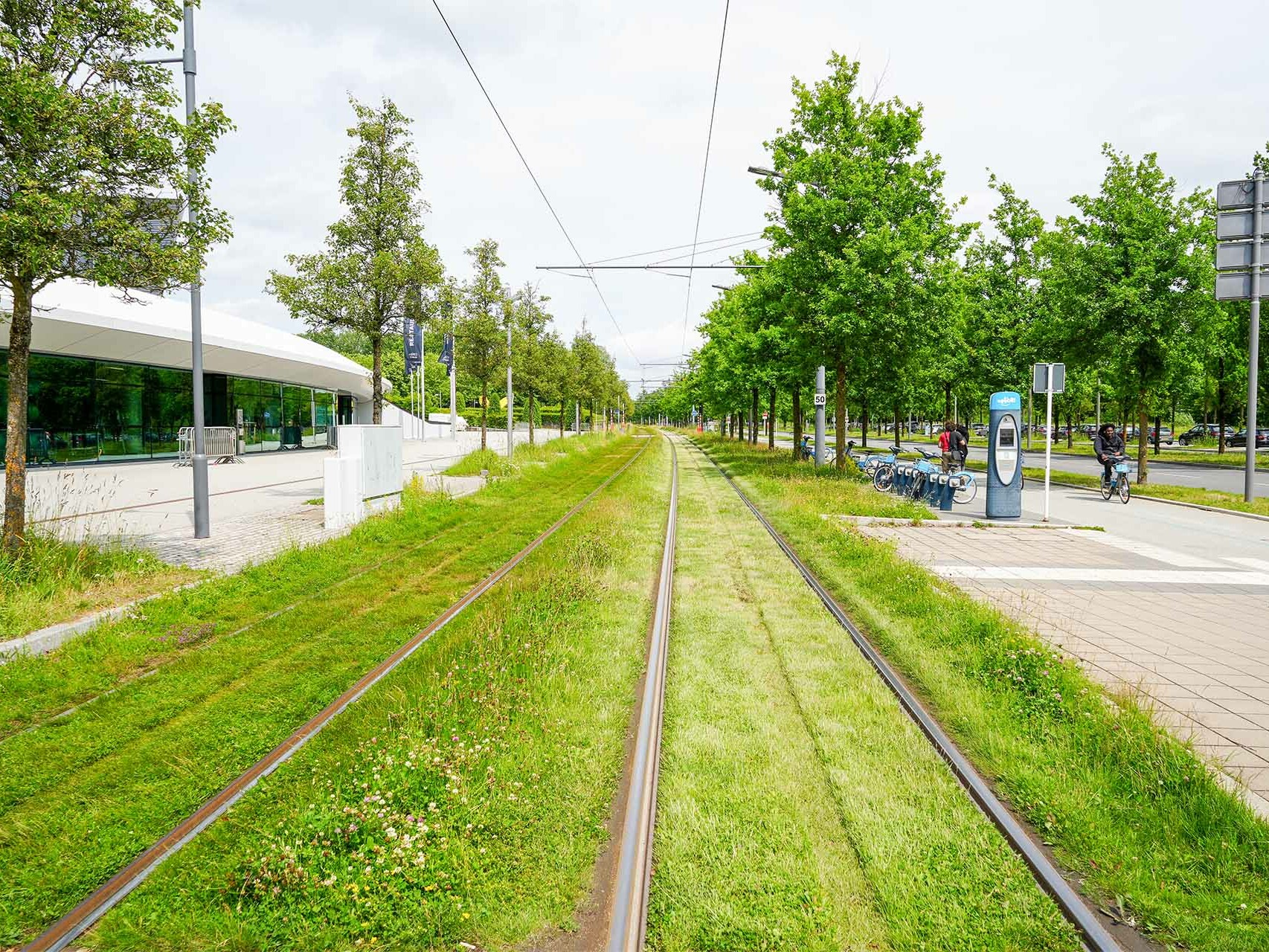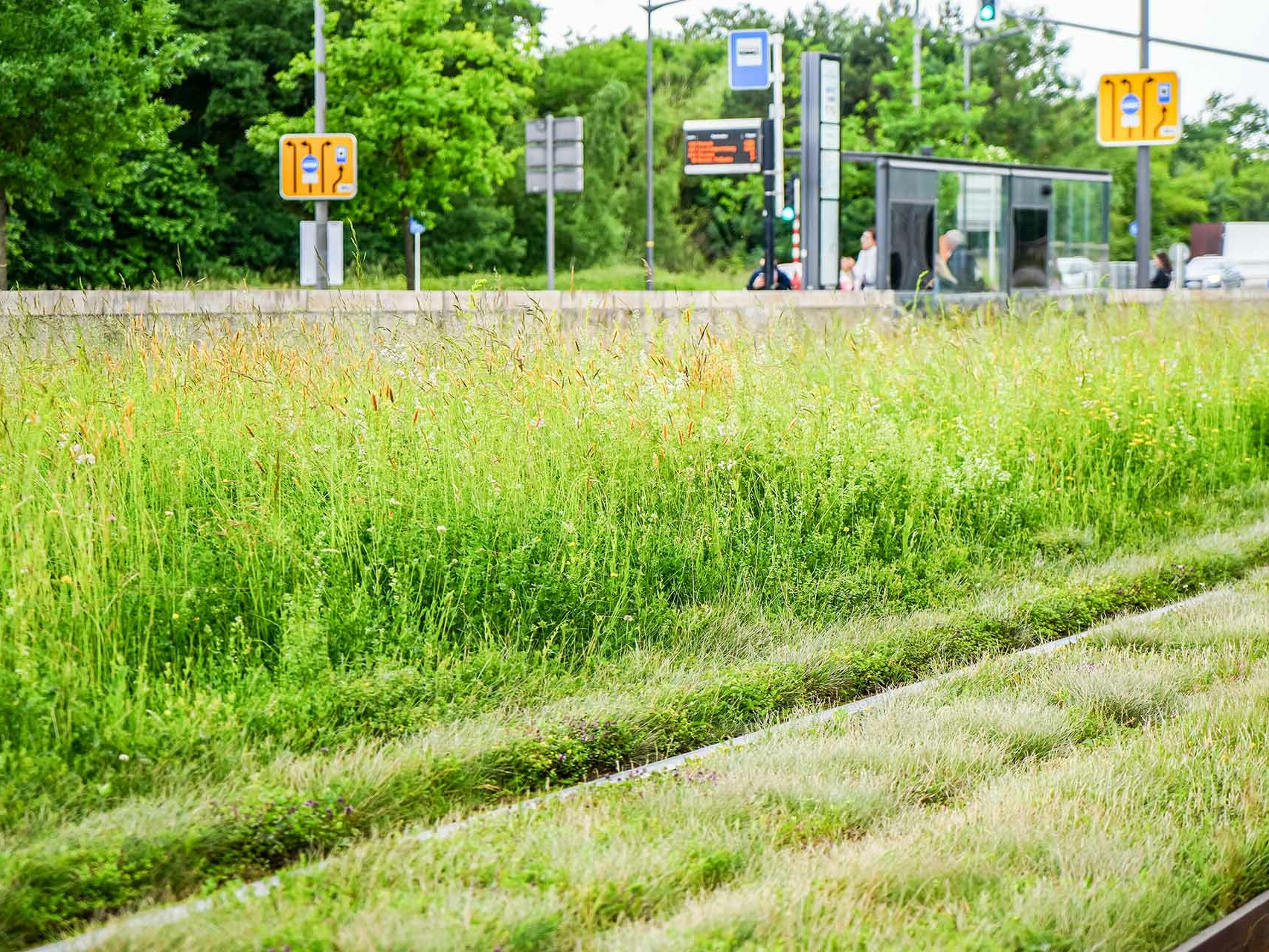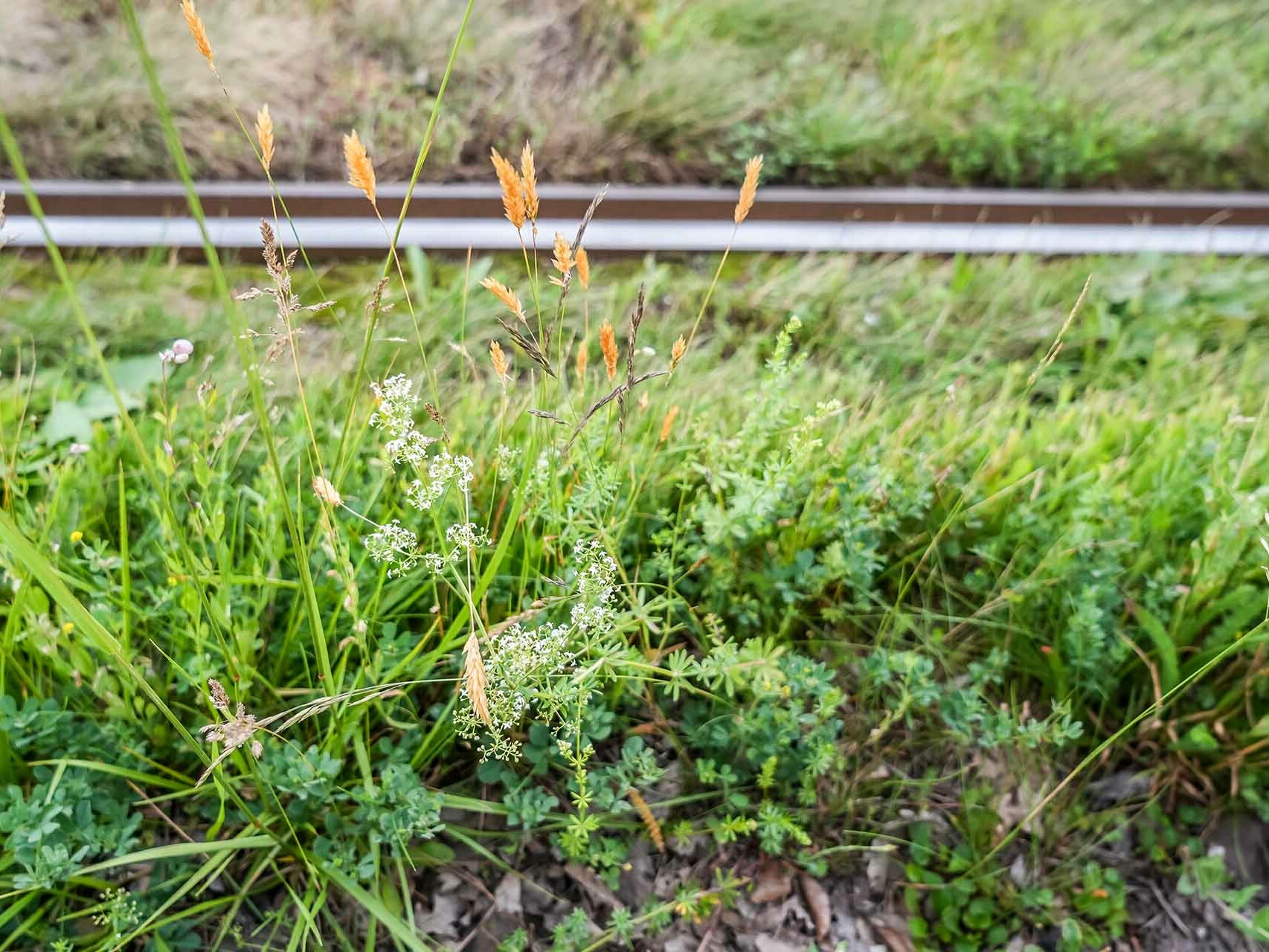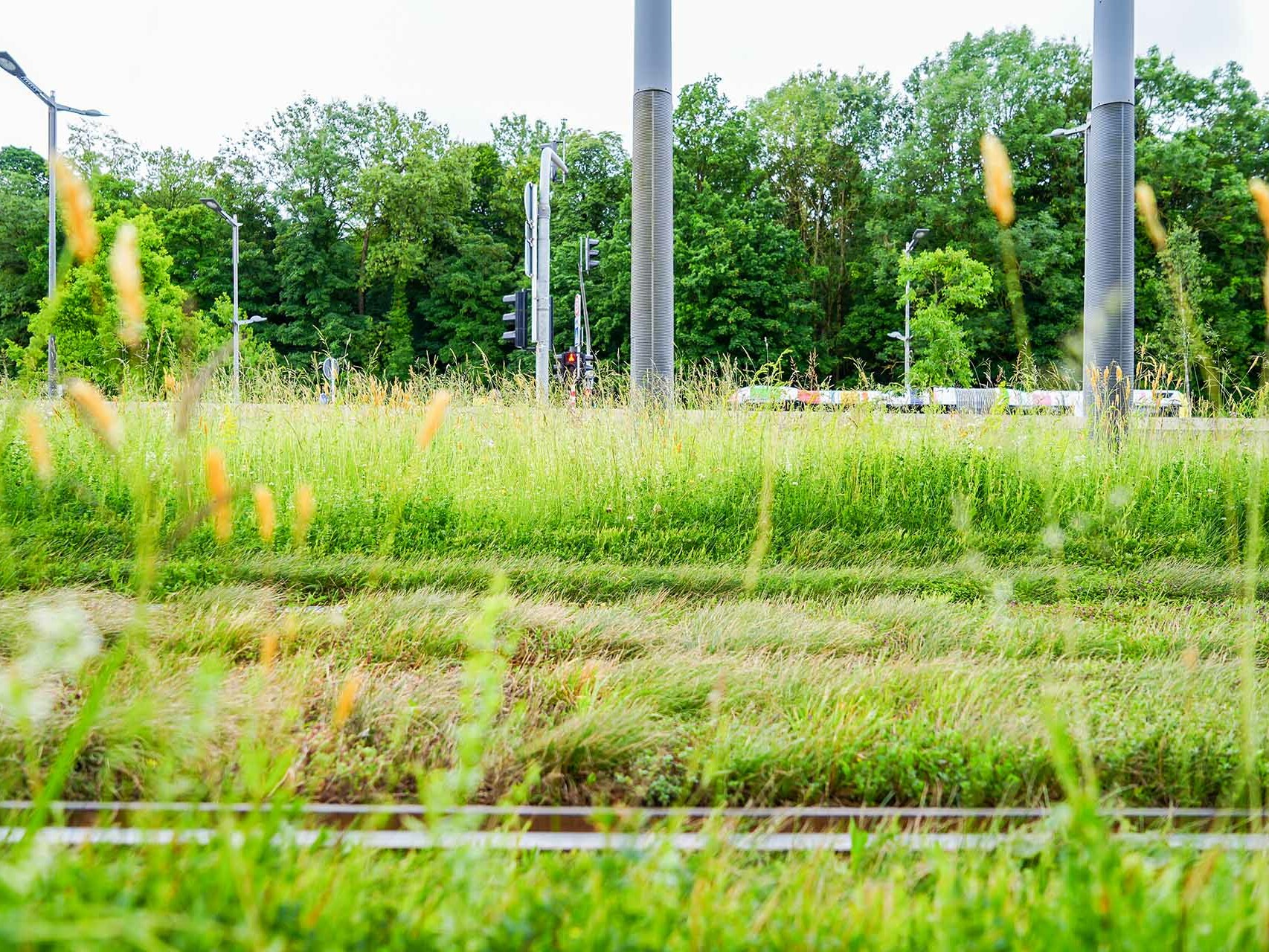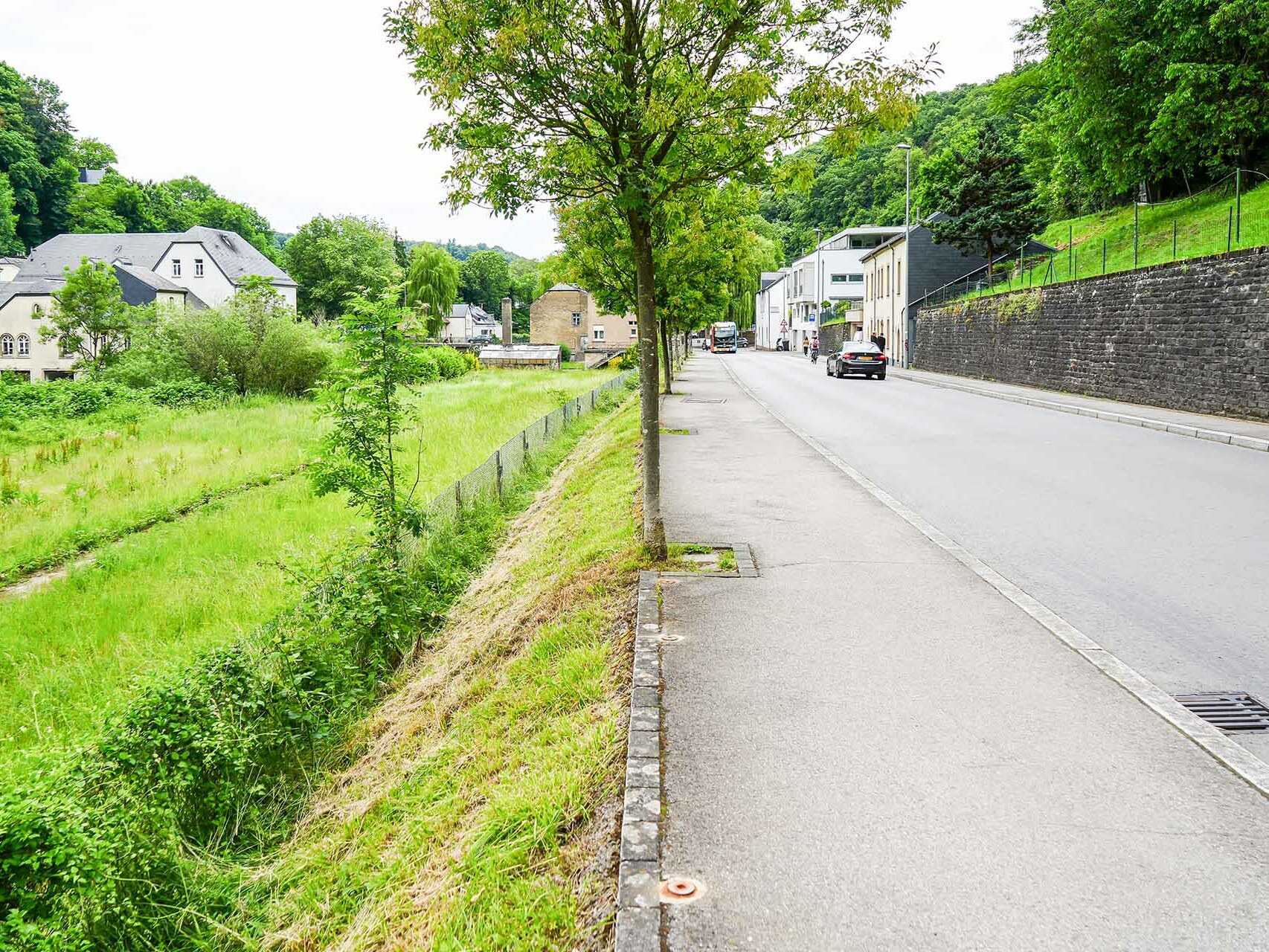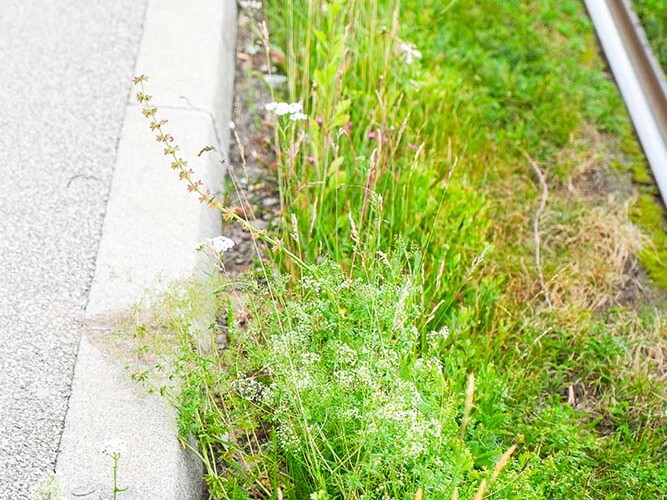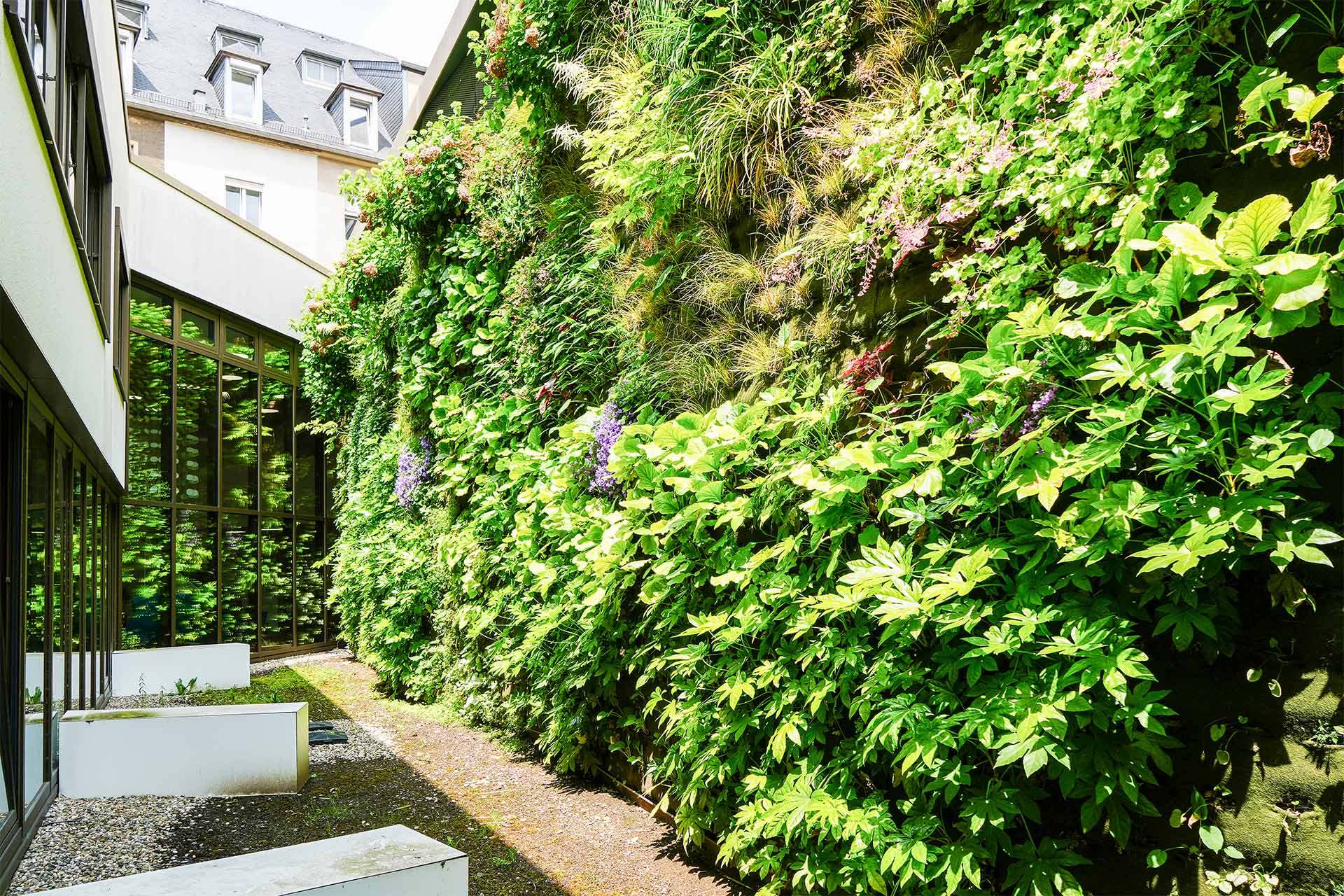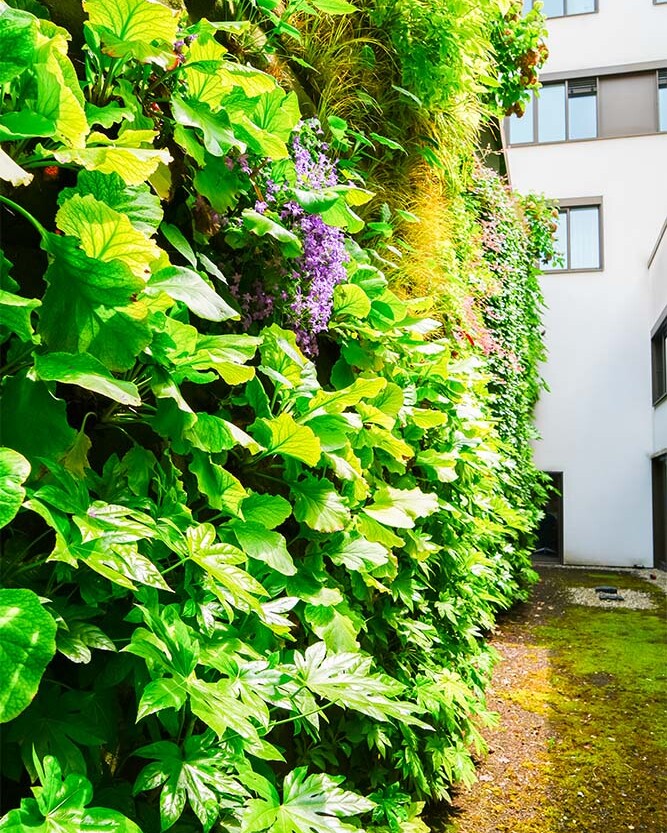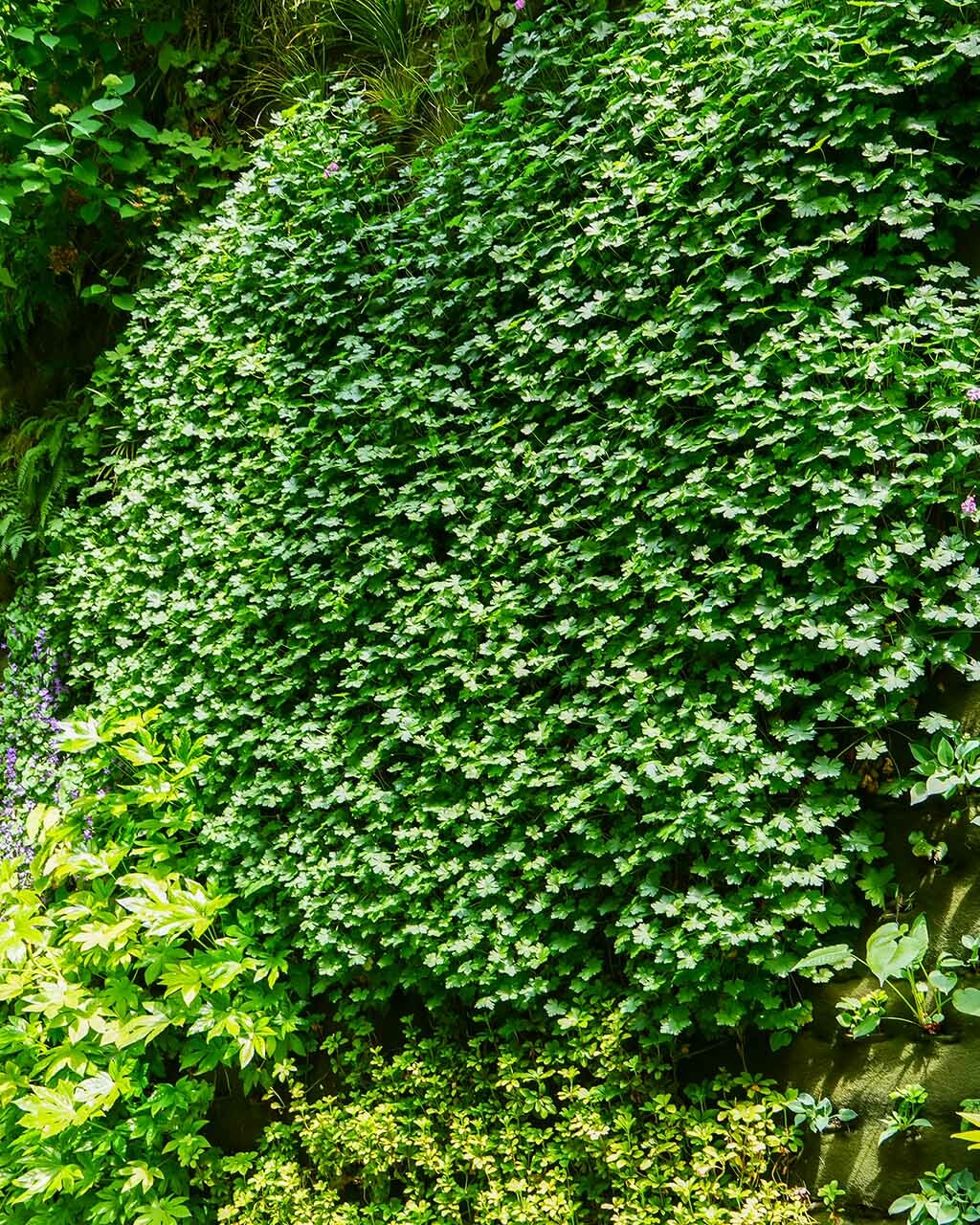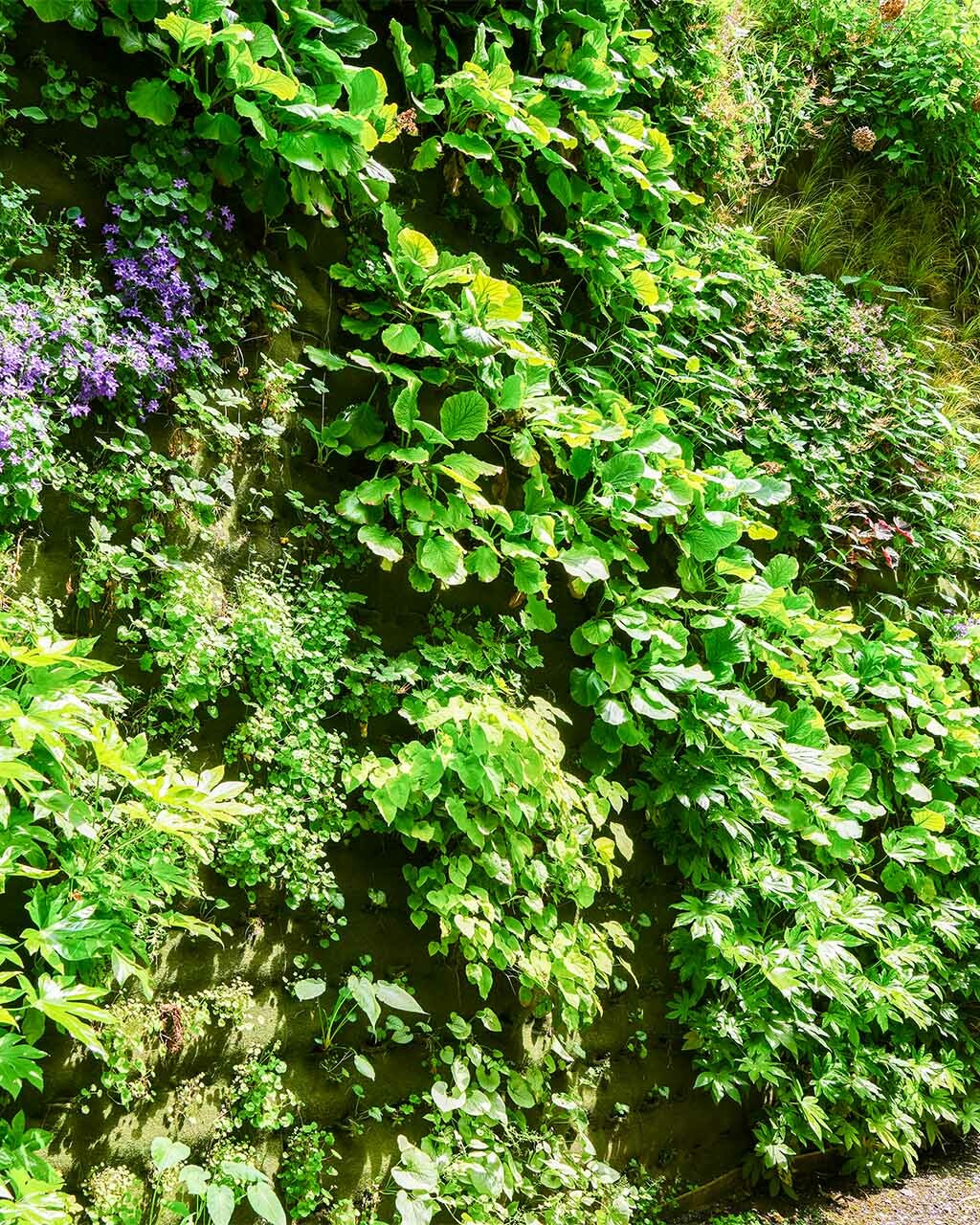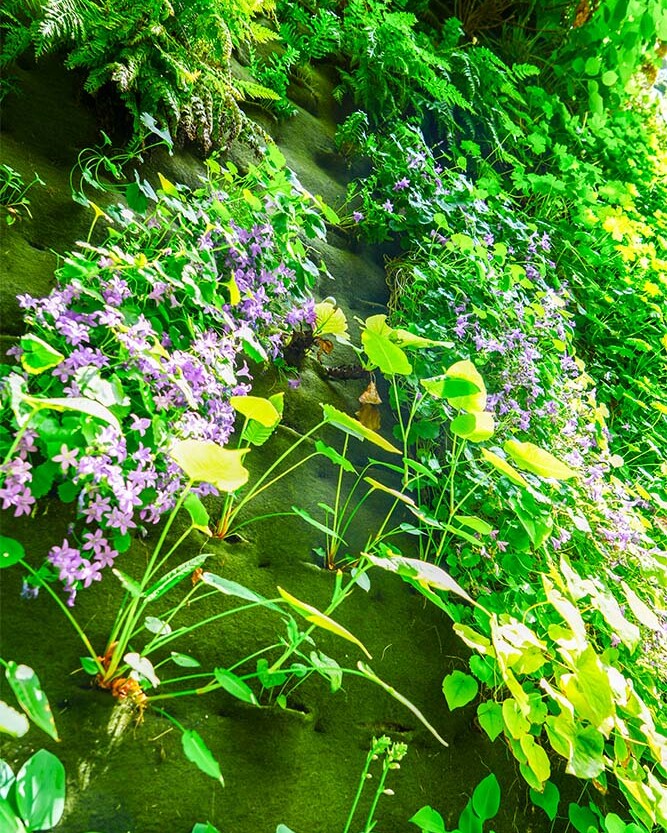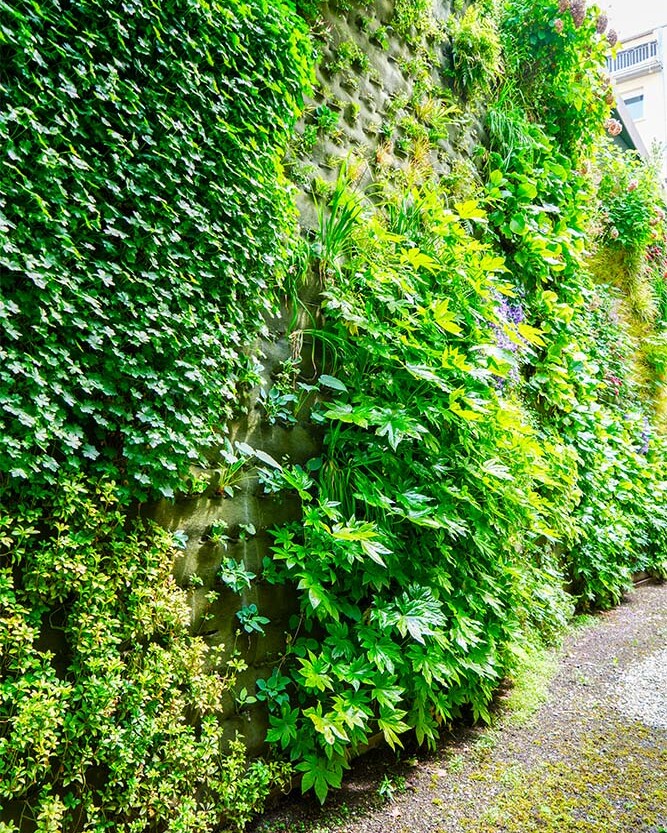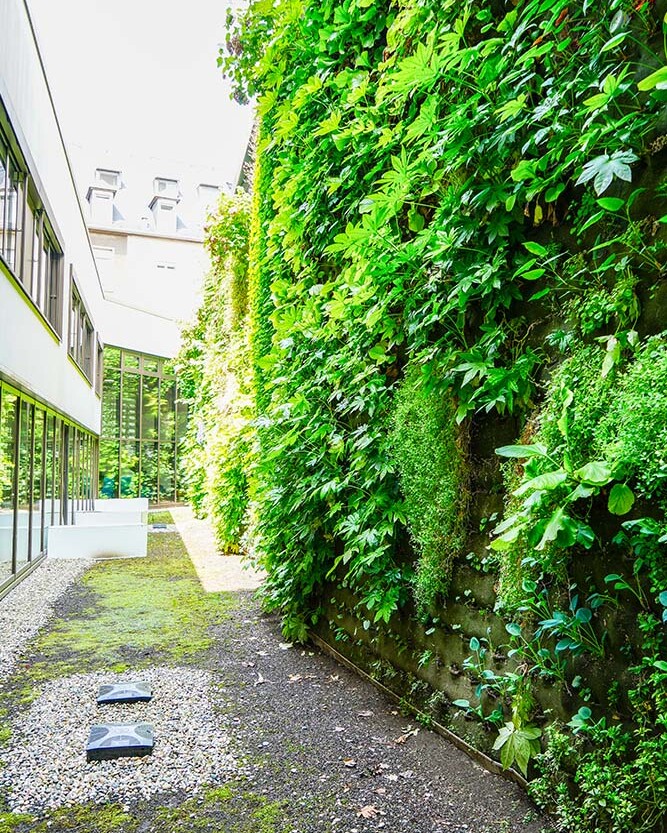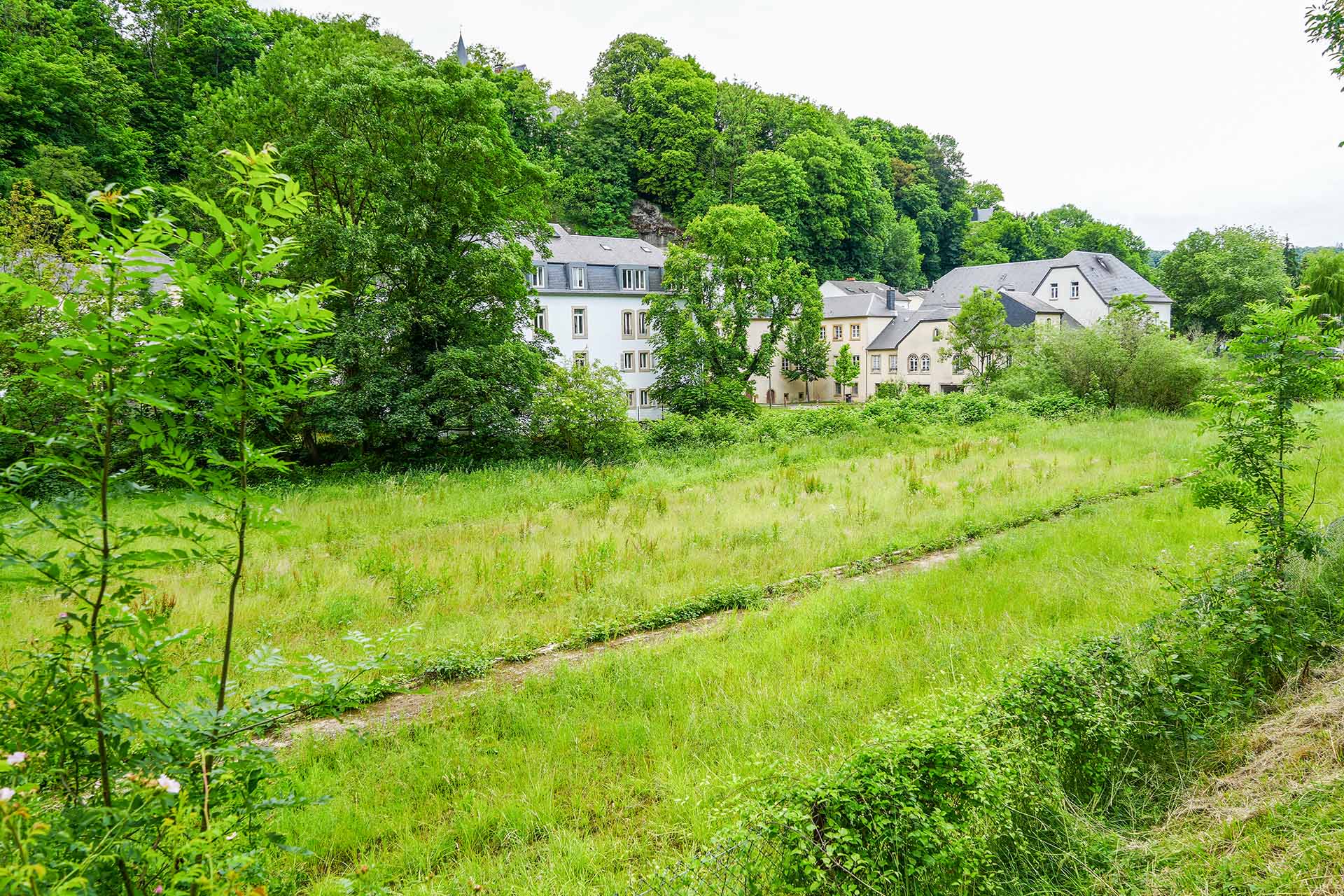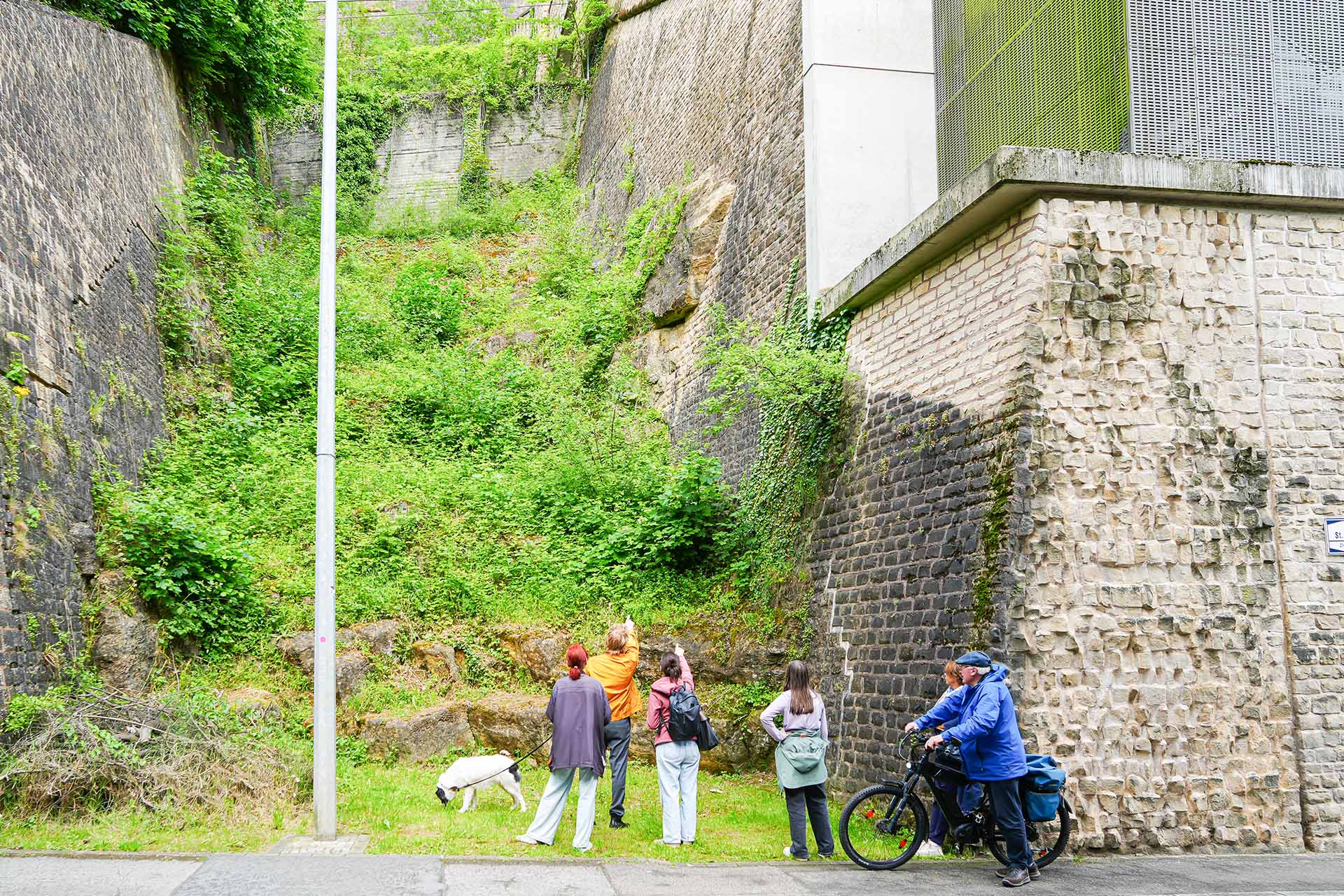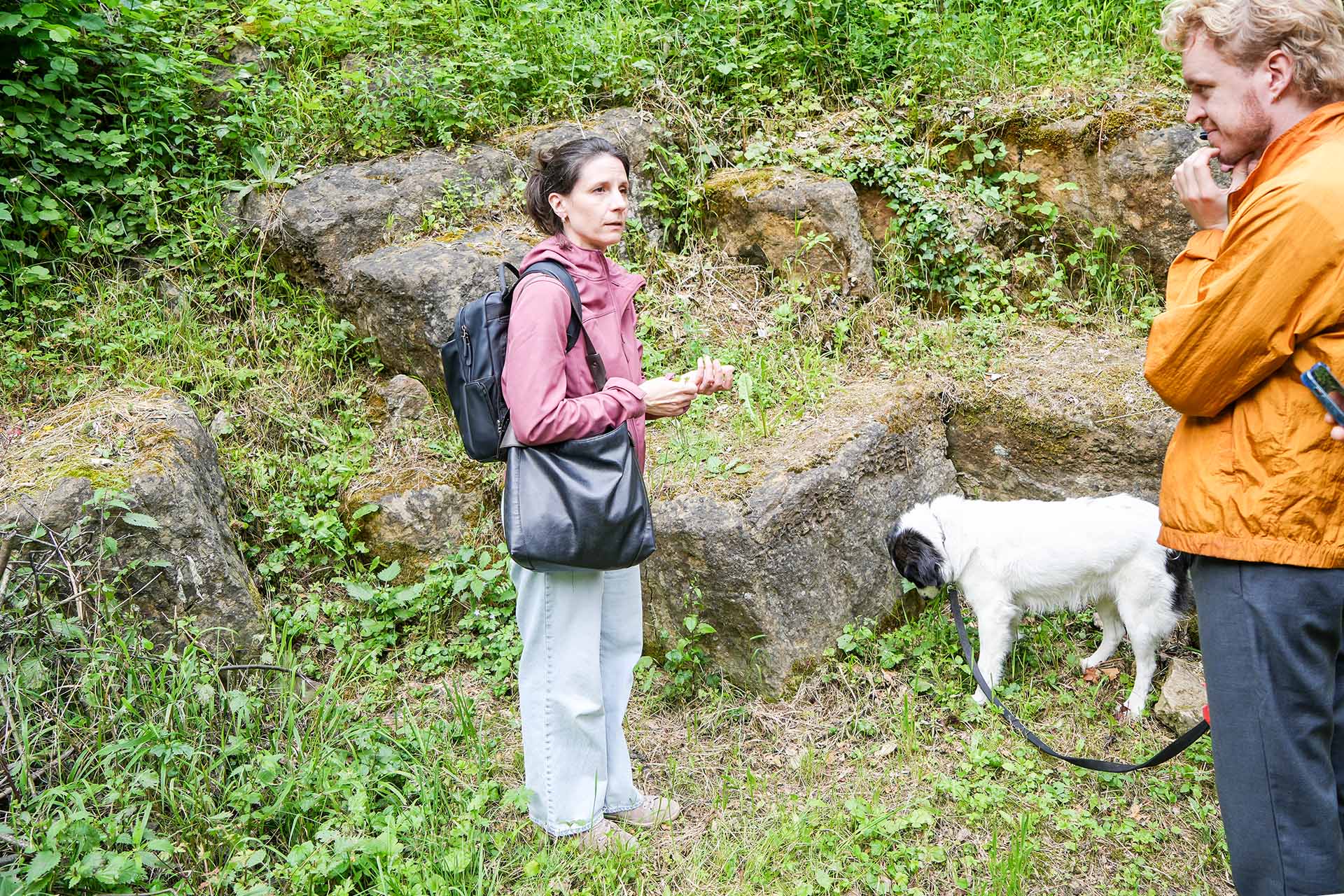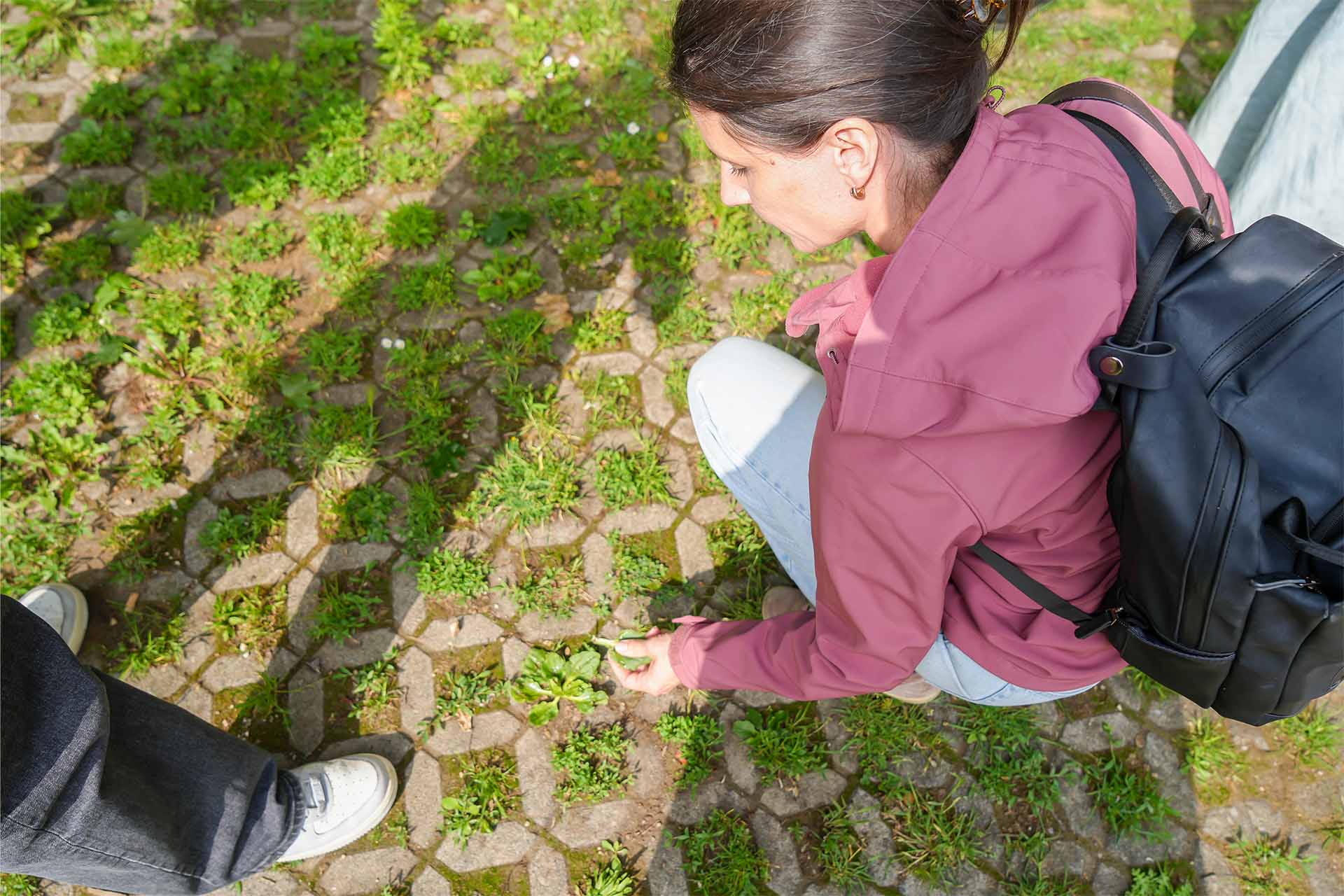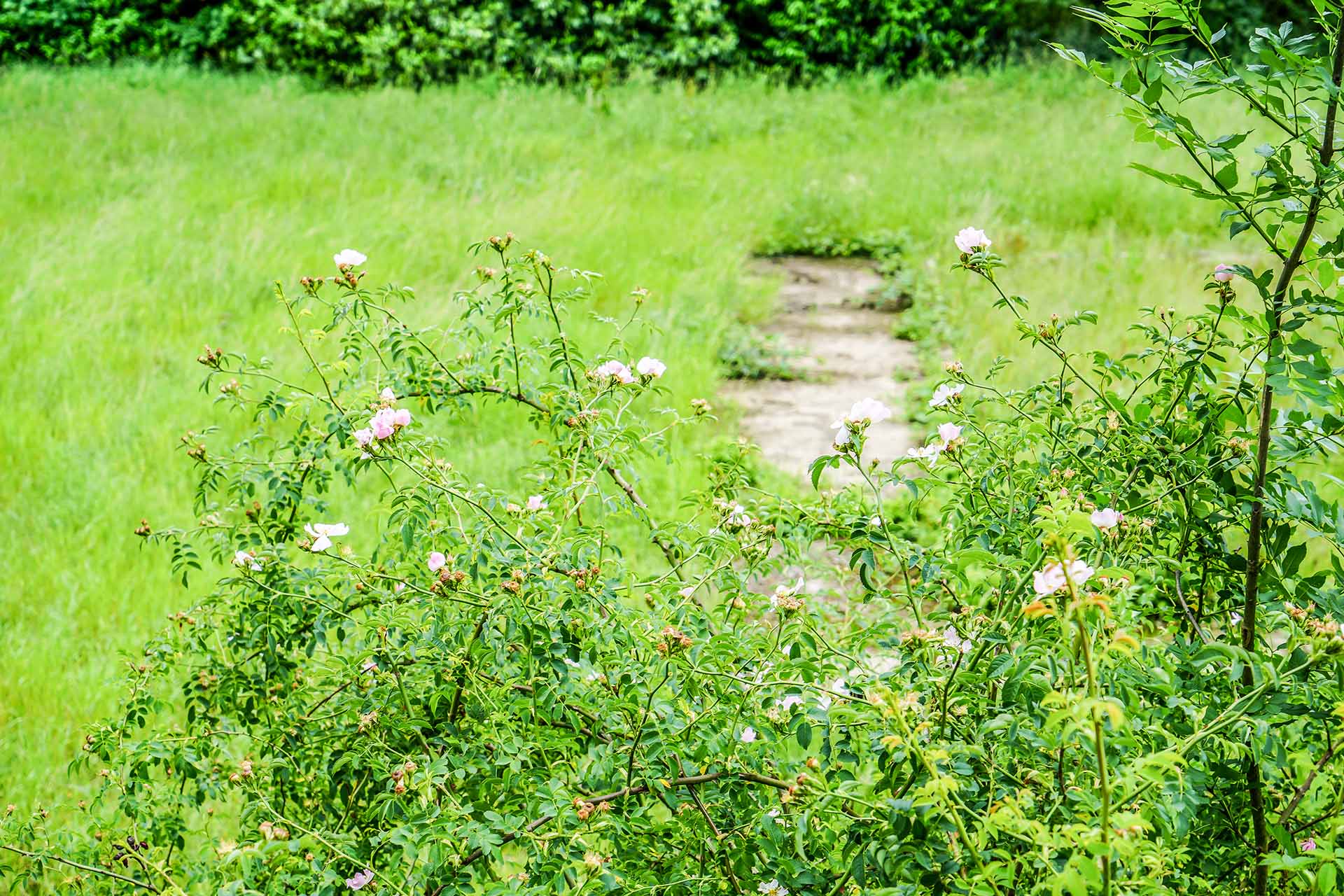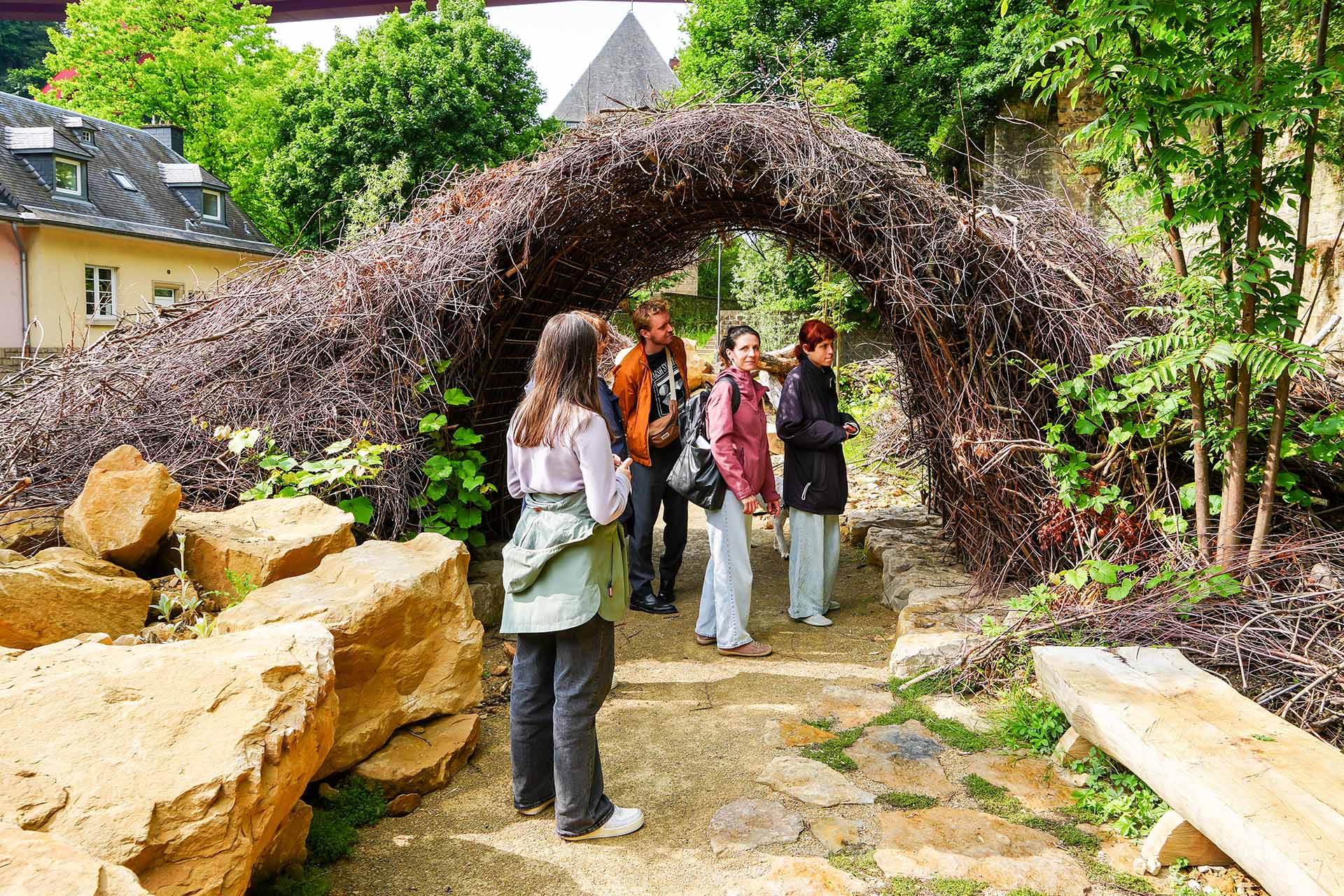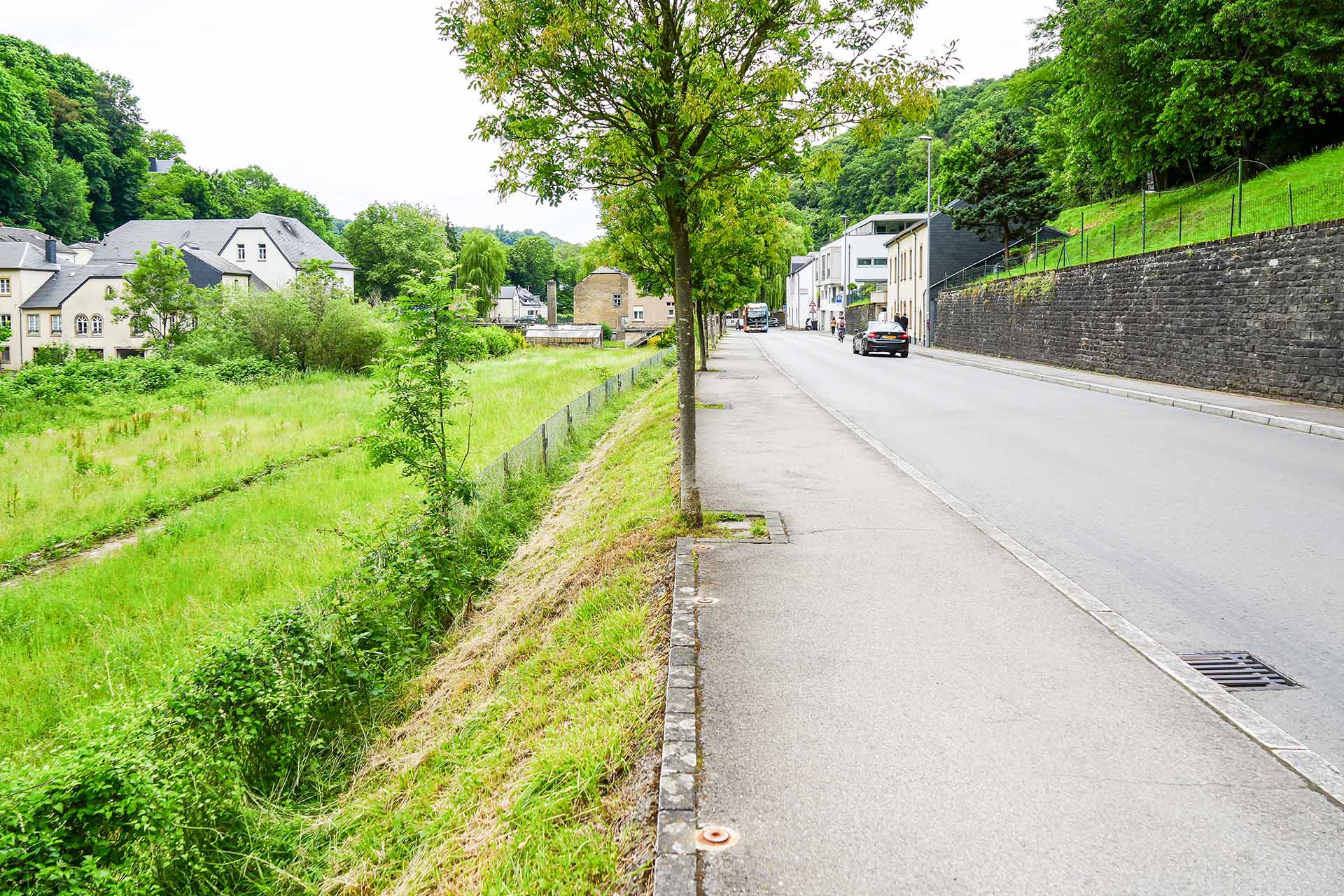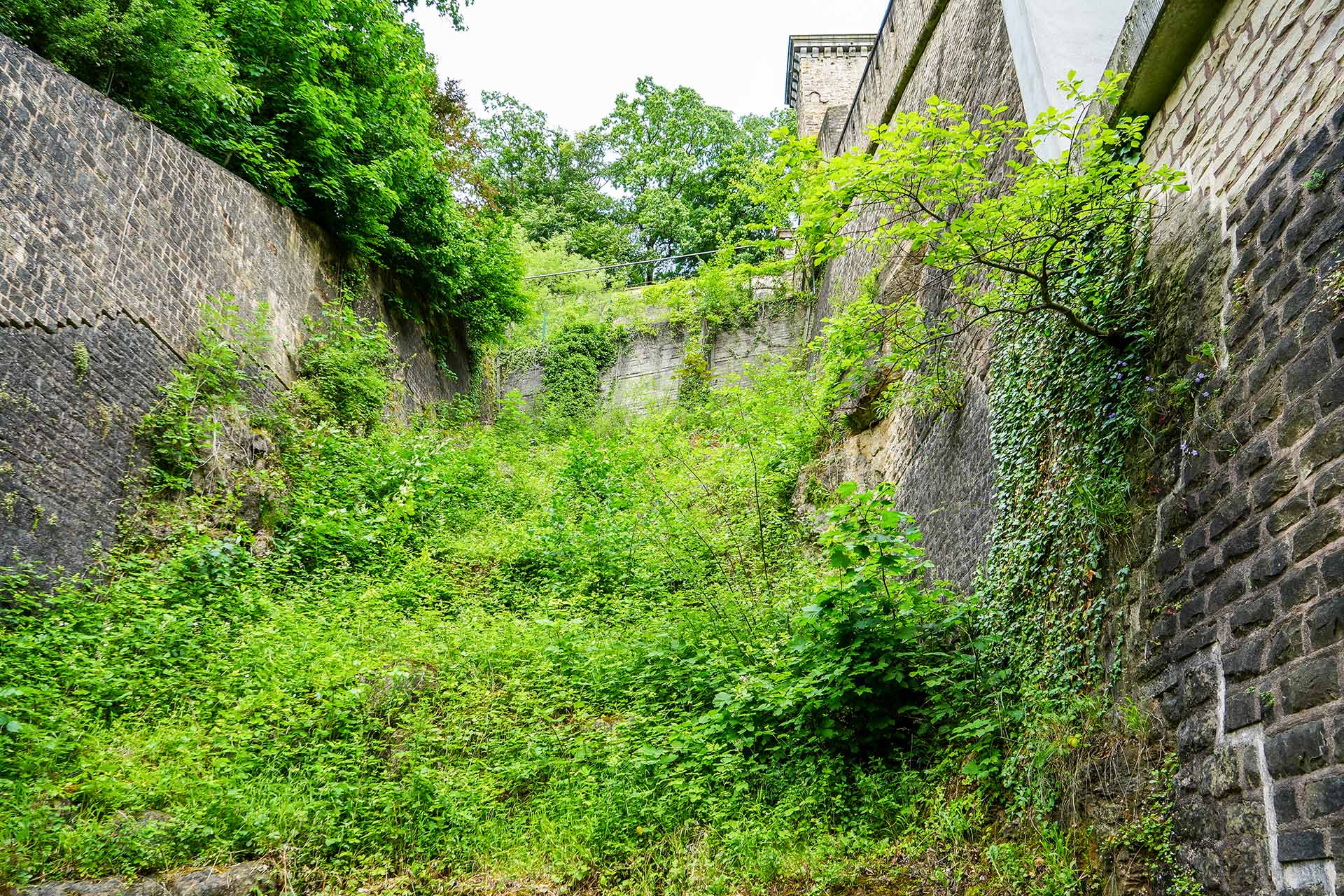Training at IFSB: Building Greening
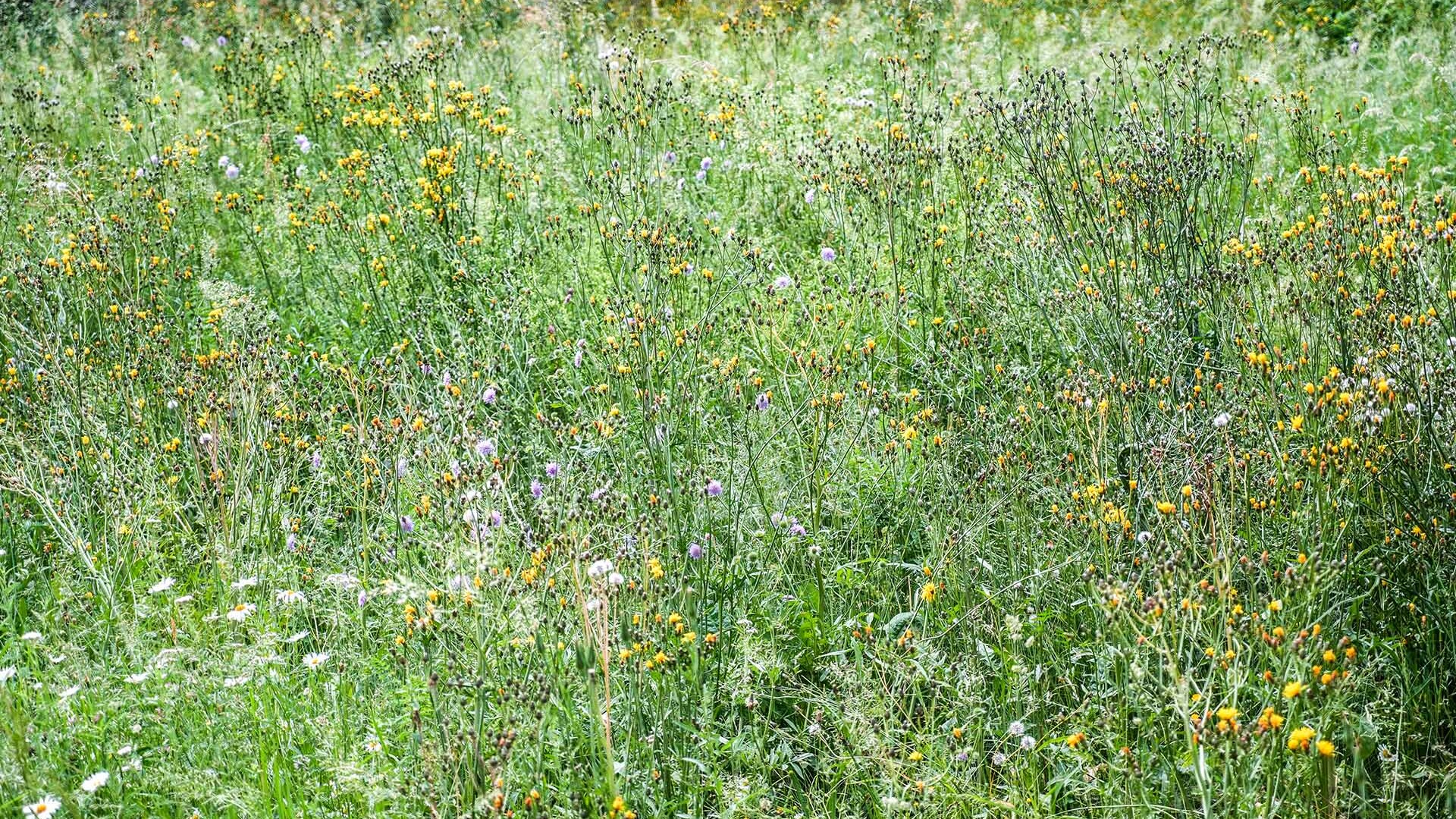
Elifin Realty
ans09-SouECO333
This session was part of the IFSB’s continuous professional training program, which aims to guide construction professionals toward more sustainable practices. The course covered the technical, ecological, and aesthetic foundations of green walls, as well as their role in restoring biodiversity in urban environments.
Green walls are not merely decorative elements: they help improve the microclimate, manage rainwater, enhance air quality, and create micro-habitats for insects and birds. Through real-world examples, feedback, and exchanges with participants, we explored the key factors for successful implementation—both technically and ecologically.
The training is detailed here: Building Greening – IFSB
At Sound Ecology, we are convinced that integrating living systems into buildings is an essential path to reconciling land development with biodiversity preservation. These opportunities to exchange with construction professionals are crucial to advancing practices and rethinking the city as an ecosystem.
Kirchberg: Enhancing biodiversity in urban environments
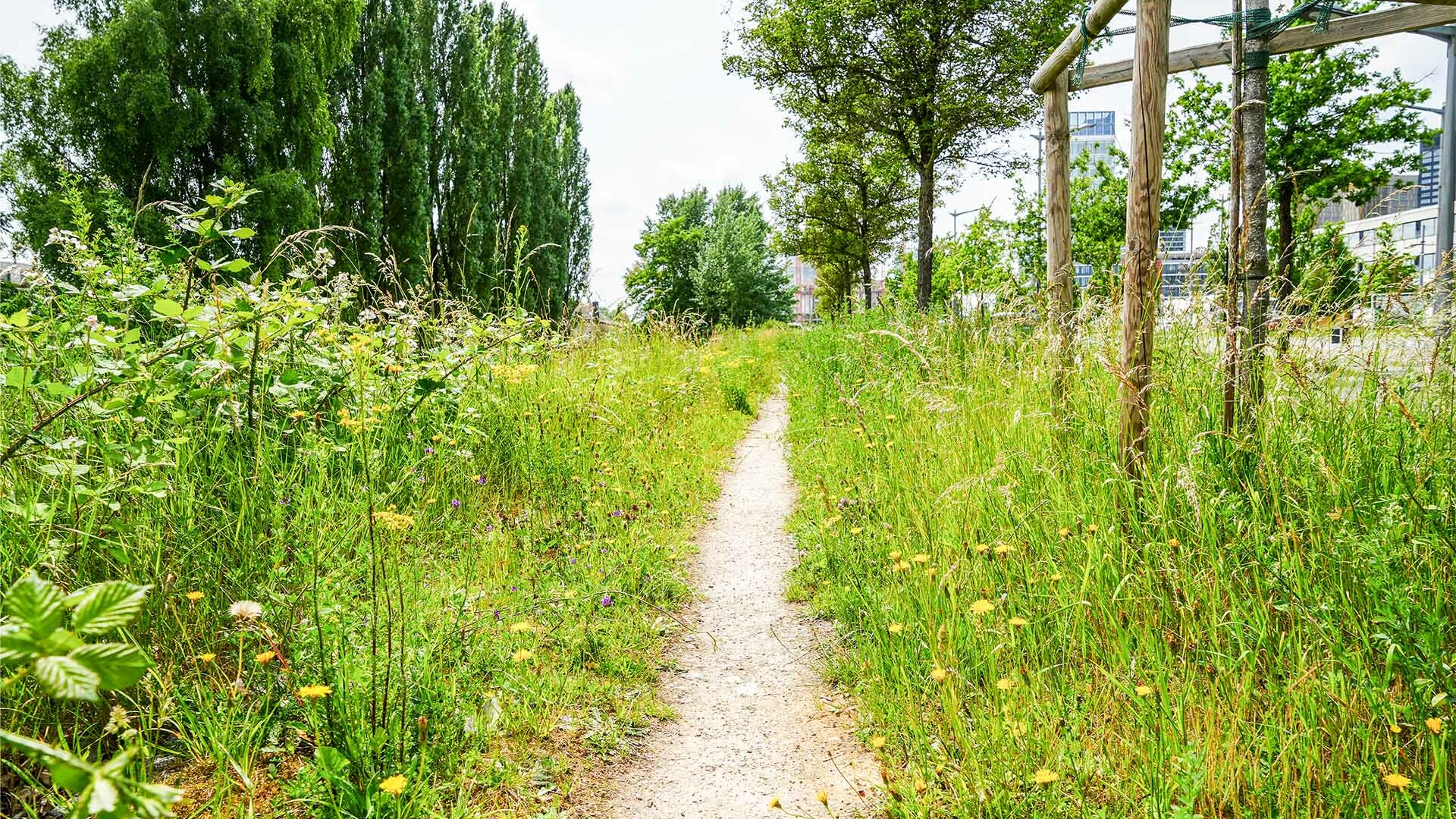
ans09-SouECO333
The Kirchberg plateau, known for its modern architecture, is also becoming a model of urban biodiversity. Sound Ecology is deploying solutions here to bring nature and urban development together.
– Scientific monitoring of ecological planning and maintenance (nutrient-poor substrates, seeding and planting of regional species, etc.) implemented by the Fonds Kirchberg in collaboration with the ANF: regular botanical and wildlife surveys, with recommendations.
– Visible impact: Improvement of the microclimate, enrichment of the landscape, and raising awareness among neighborhood users.
Kirchberg is becoming a laboratory of urban biodiversity, proving that city and nature can thrive together.
Sound Ecology maintains the green wall of the ZithaKlinik - Luxemburg
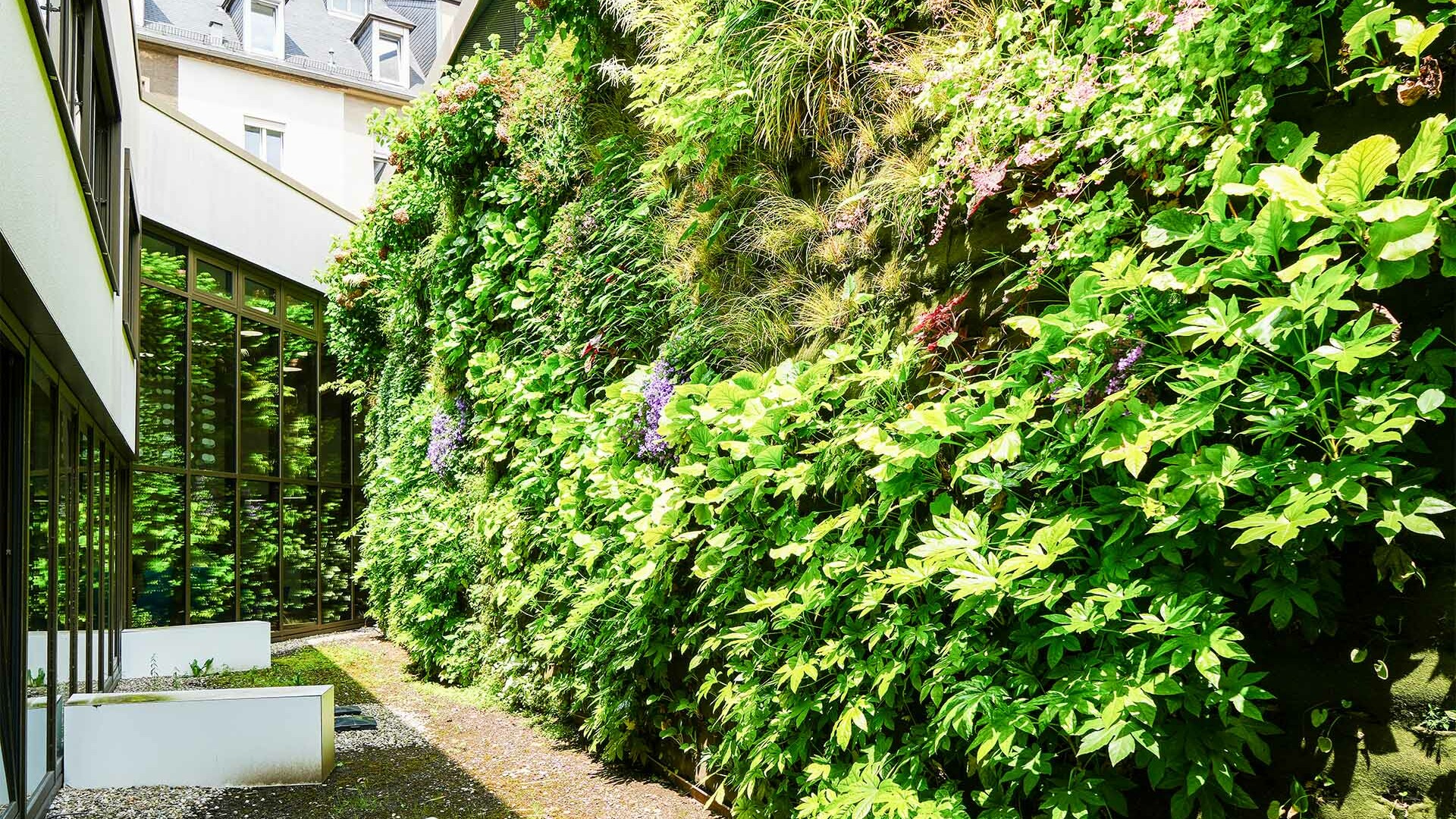
ans09-SouECO333
In the heart of Luxembourg City, the ZithaKlinik benefits from a green wall that combines aesthetics, well-being, and biodiversity. Sound Ecology ensures regular maintenance to guarantee its vitality and ecological role.
– Expert care: pruning, fertilization, irrigation control, and plant replacement when necessary.
– Benefits: improved air quality, freshness, well-being, and a better environment for patients, visitors, and staff.
– Ecological approach: selection of plants adapted to the local climate. With its expertise, Sound Ecology guarantees a living and sustainable vertical ecosystem, a true green lung in the heart of the city.
Guided tours on urban biodiversity in collaboration with LUGA - Luxembourg Urban Garden Art
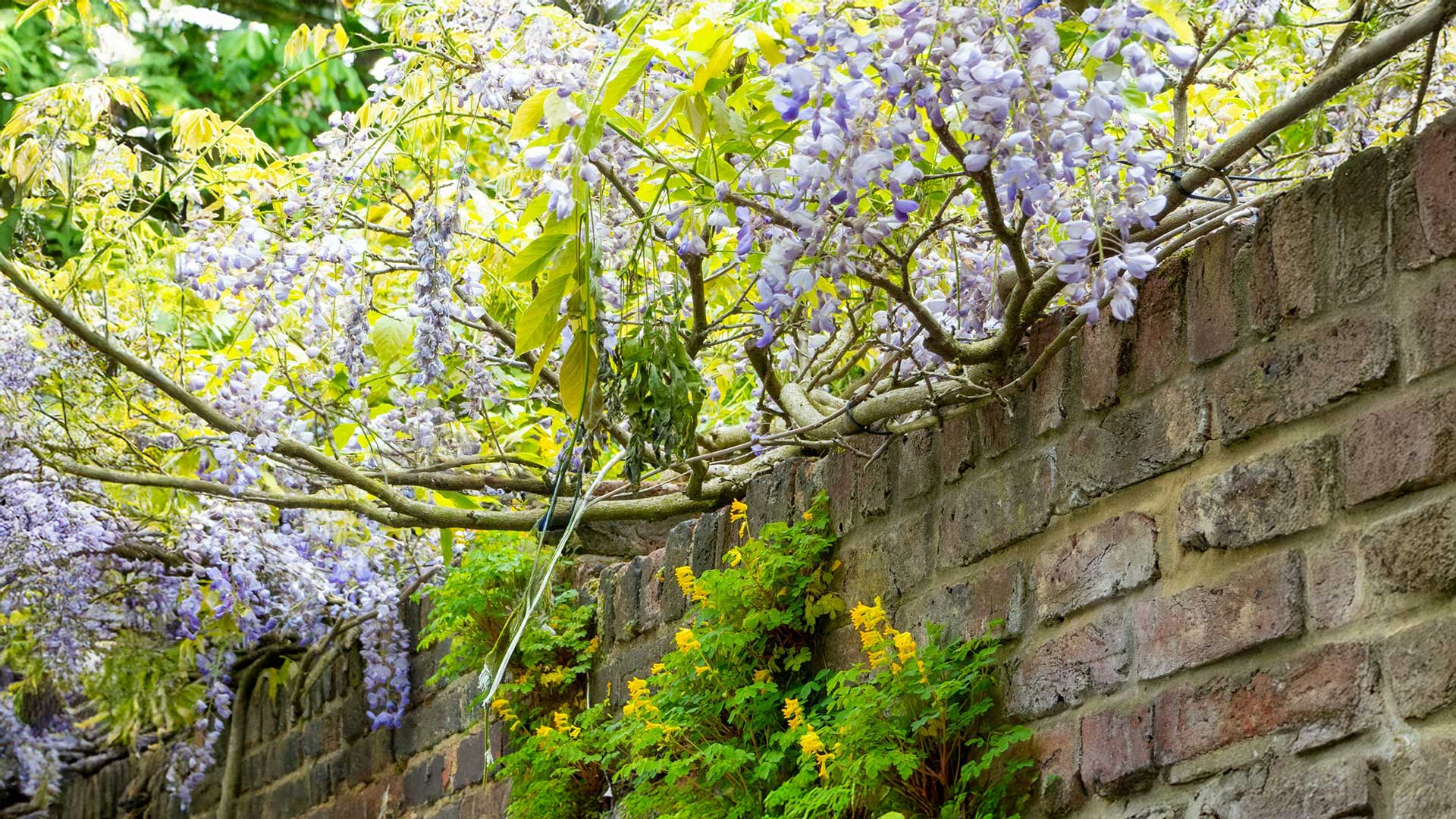
ans09-SouECO333
Sound Ecology is pleased to announce its participation in LUGA – Luxembourg Urban Garden Art 2025, a major event dedicated to nature in the city, which will take place from May 7 to October 25, 2025 in Luxembourg.
This open-air temporary exhibition will bring together urban gardens, landscape installations, agricultural projects, and living spaces across various locations in the capital. The event will showcase creative and sustainable initiatives that rethink the city as a living, fertile, and resilient environment.
For this occasion, Sound Ecology will offer themed guided tours focusing on two main topics:
– Wild plants in urban environments
> Registration for the guided tour
– Remarkable trees of the City of Luxembourg
> Registration for the guided tour
These walks will provide an opportunity to explore the often-overlooked richness of urban biodiversity, identify the species that coexist with us daily, and better understand their ecological roles. By reconnecting participants with nature in the city, these activities aim to raise ecological awareness and encourage life-friendly practices, even in the most human-modified settings.
LUGA 2025 will be a special moment for sharing, observation, and engagement, at the intersection of science, art, and ecological commitment.
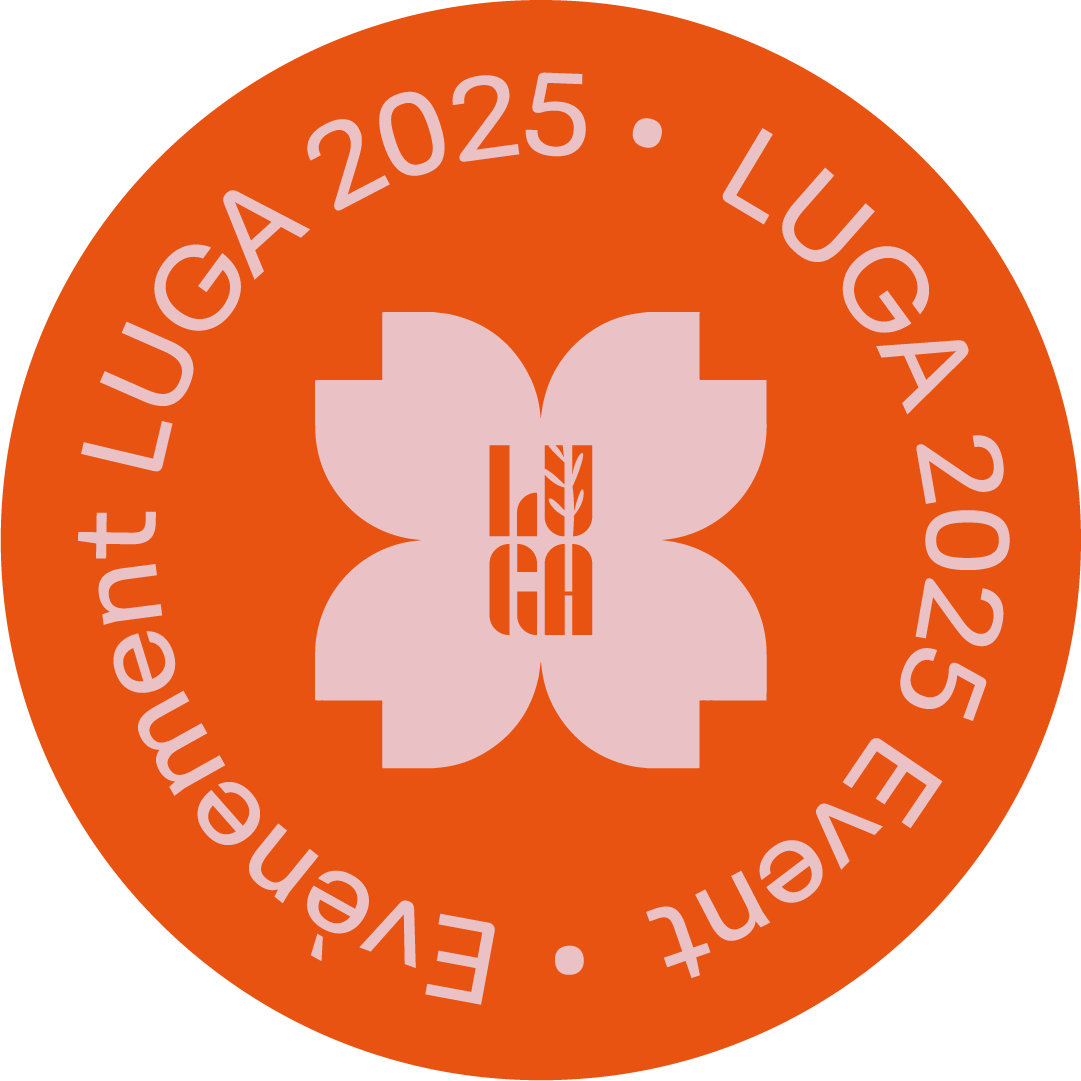
IFSB training: Integrating biodiversity into buildings with green walls
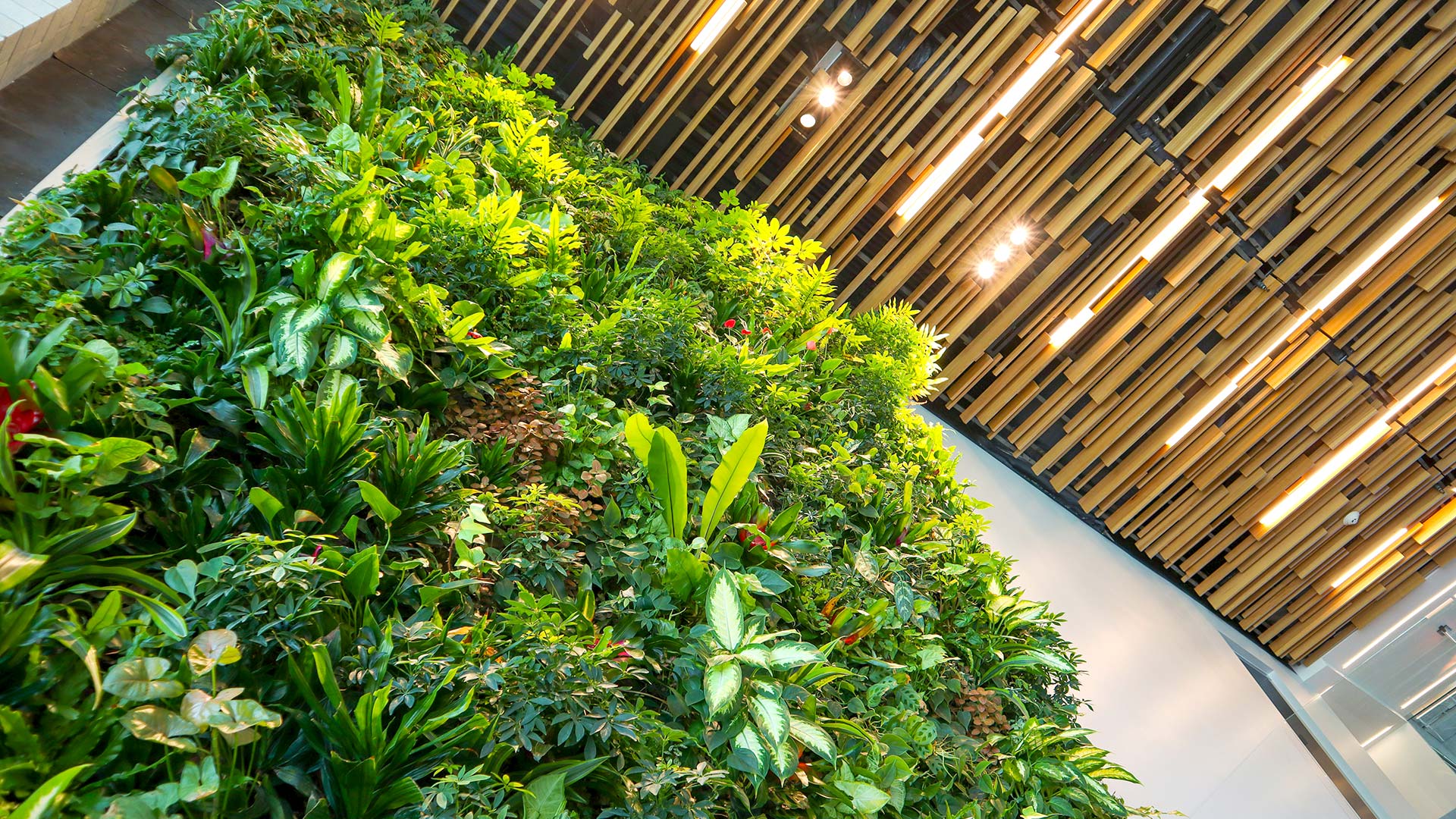
Elifin Realty
ans09-SouECO333
On April 7, the Sound Ecology team was pleased to deliver a training session at the Building Sector Training Institute (IFSB), focusing on a topic at the heart of today’s ecological challenges: living walls.
This session was part of the IFSB’s continuing education program designed to guide building professionals towards more sustainable practices. The training covered the technical, ecological, and aesthetic principles of living walls, as well as their role in regenerating urban biodiversity.
Living walls are not merely decorative elements: they help improve the microclimate, manage rainwater, and enhance air quality, while creating microhabitats for insects and birds. Through practical examples, participant feedback, and discussions, we explored the key success factors for these systems from both technical and ecological perspectives.
The full training details are available here: Building Greening – IFSB
At Sound Ecology, we believe that integrating living systems into the built environment is essential to reconcile land development with biodiversity conservation. These exchanges with construction professionals are vital to advancing practices and reimagining the city as a living ecosystem.
